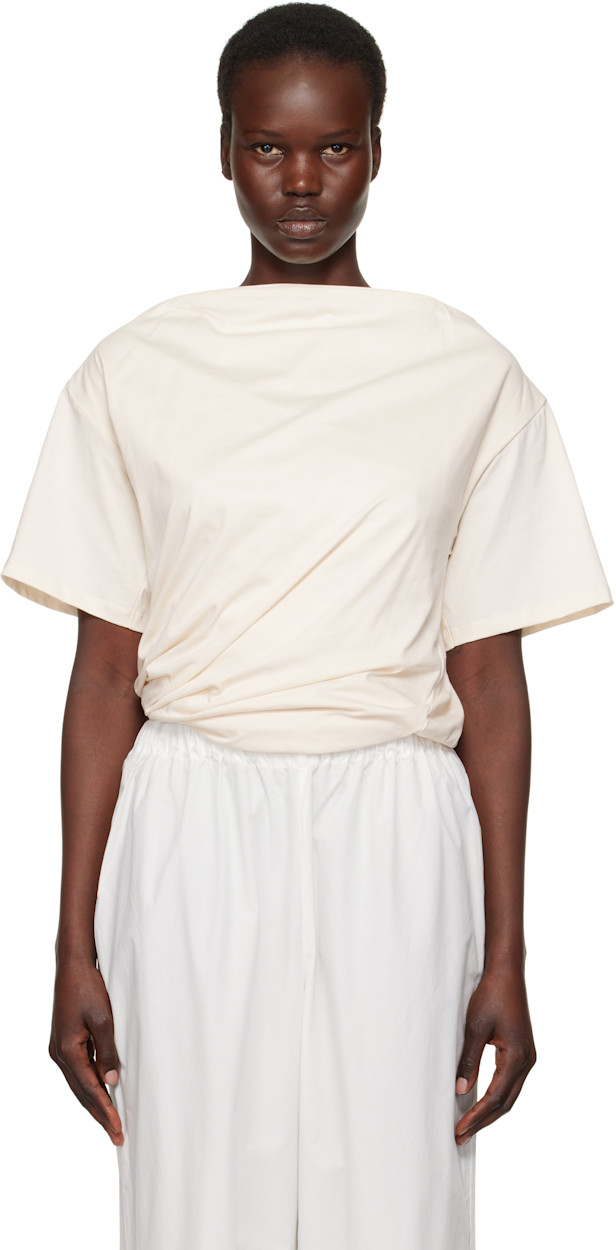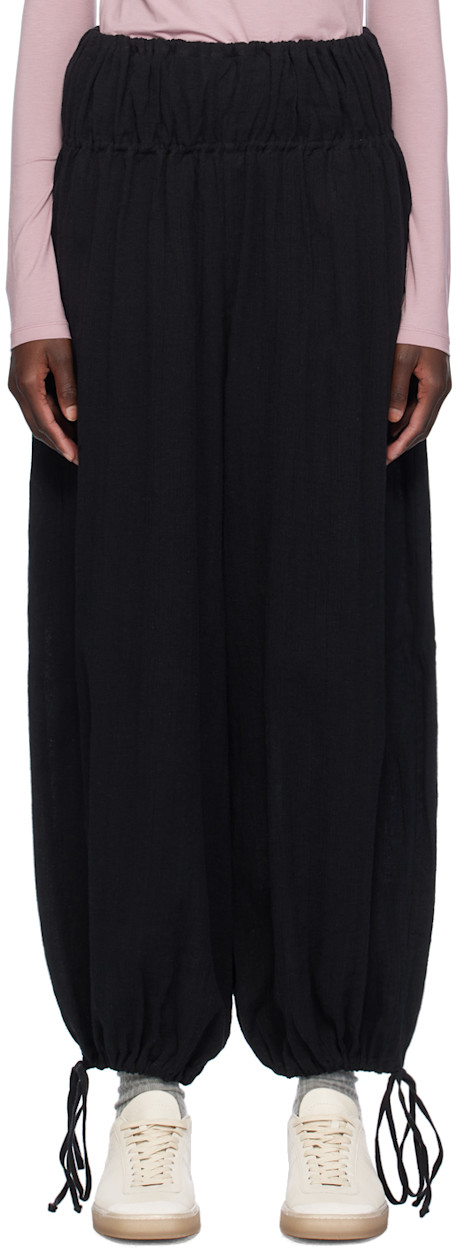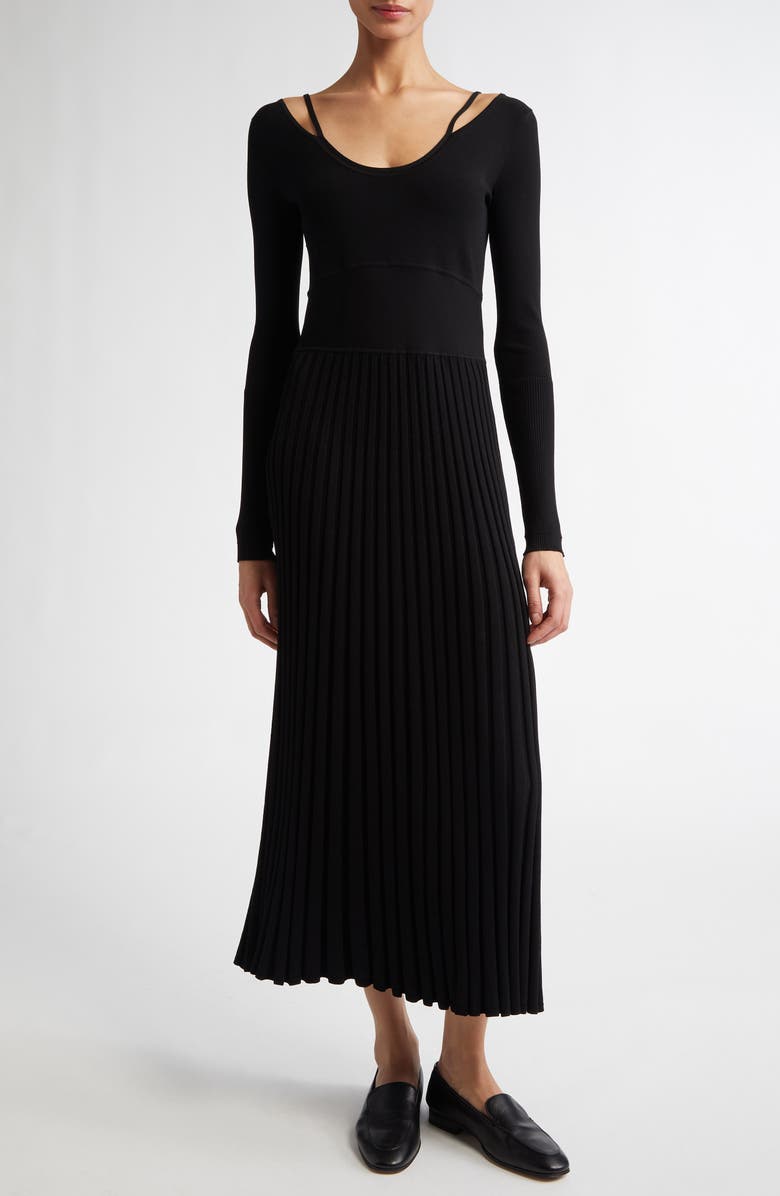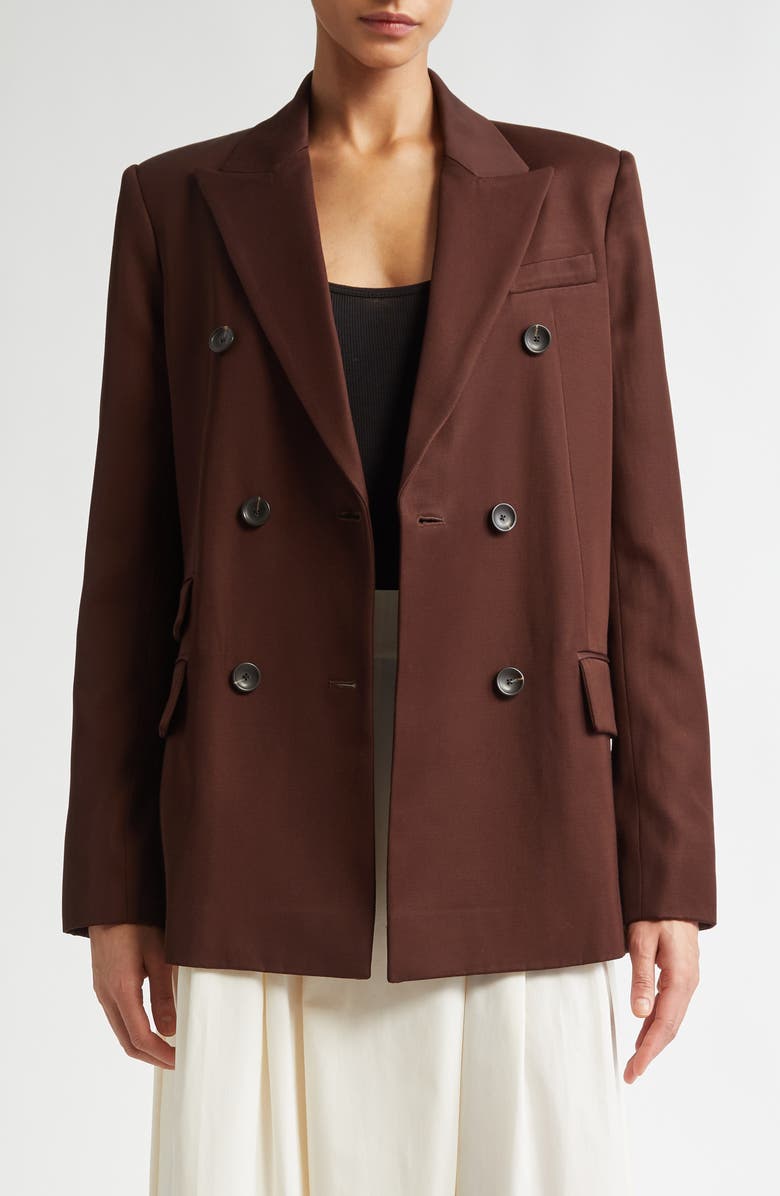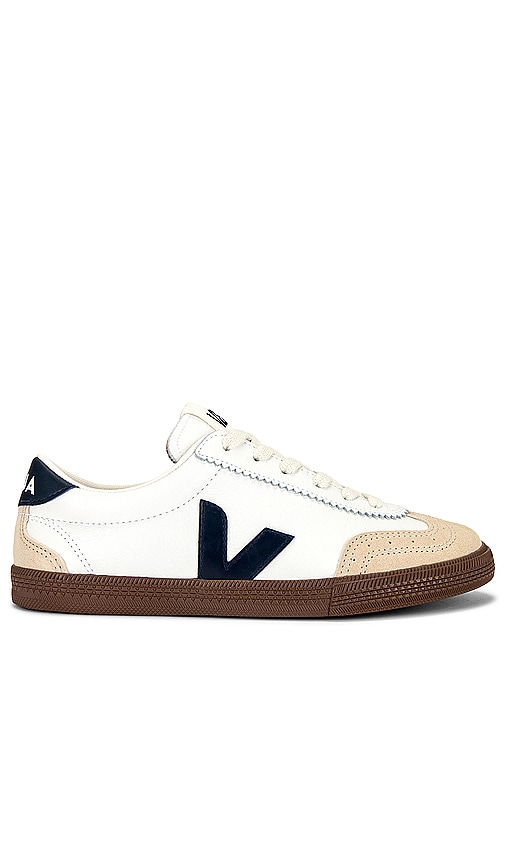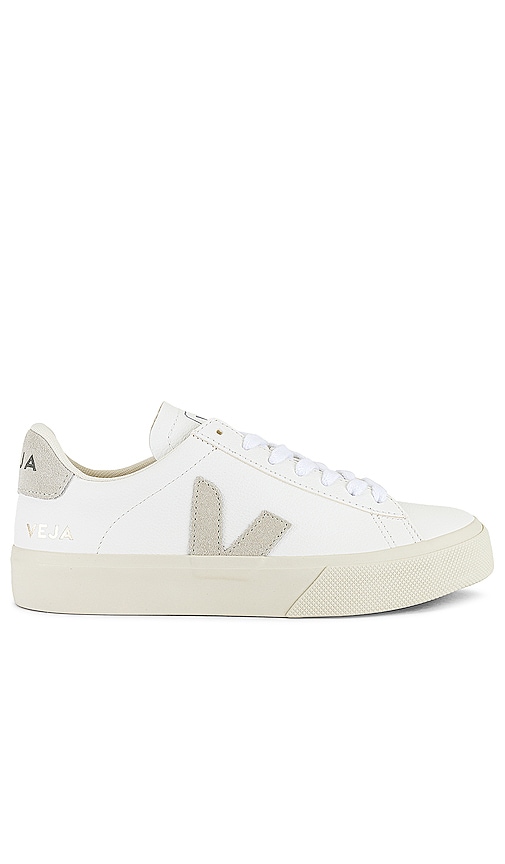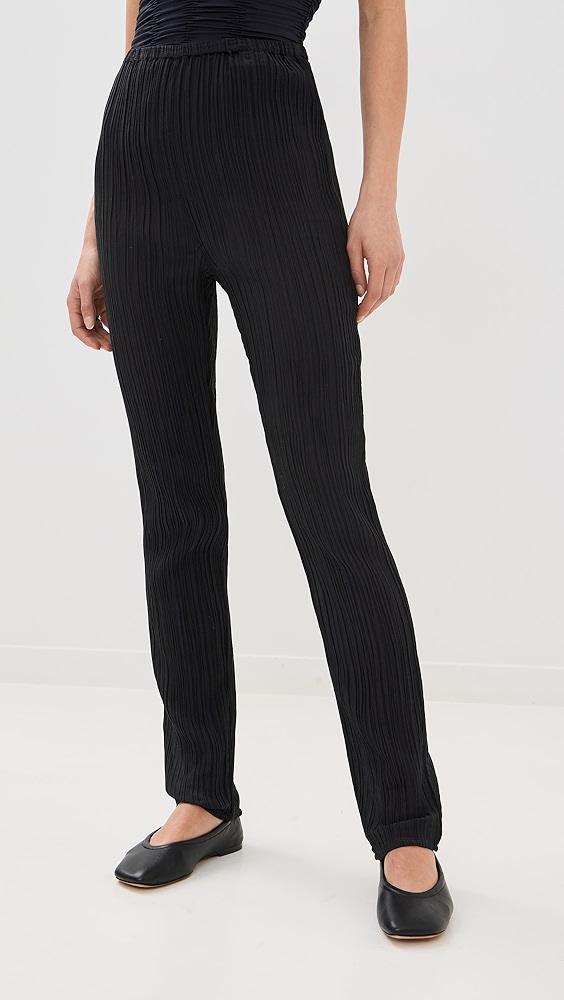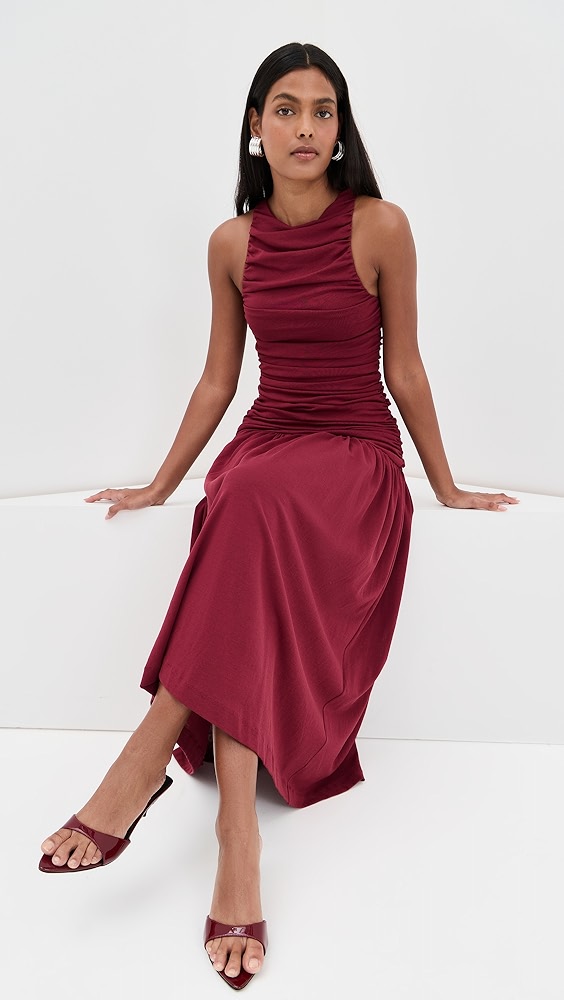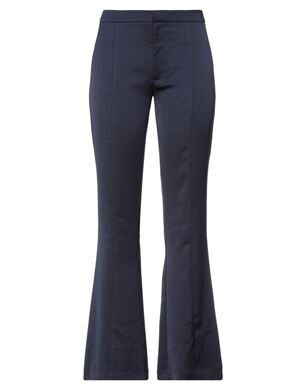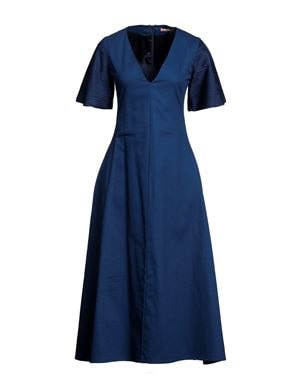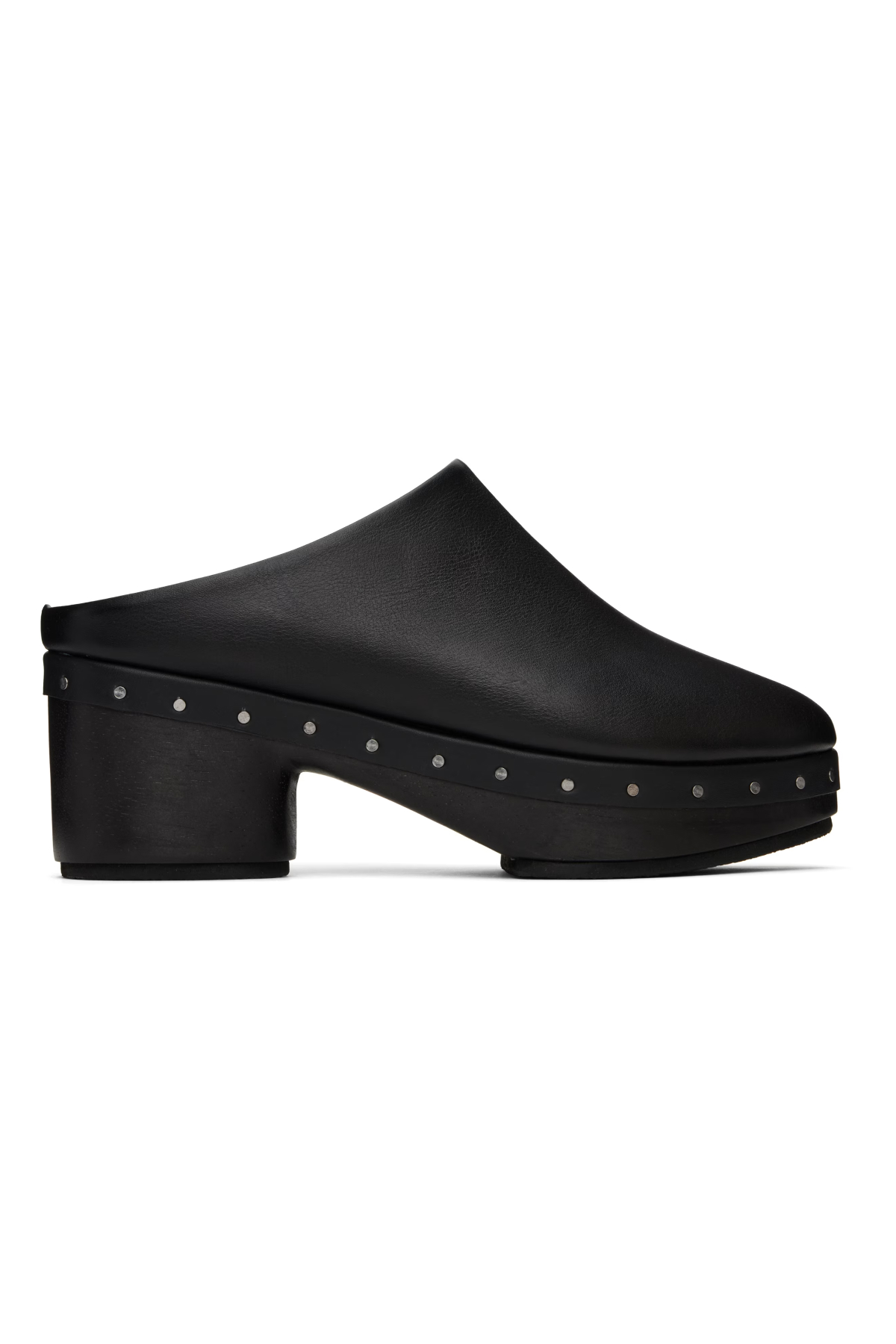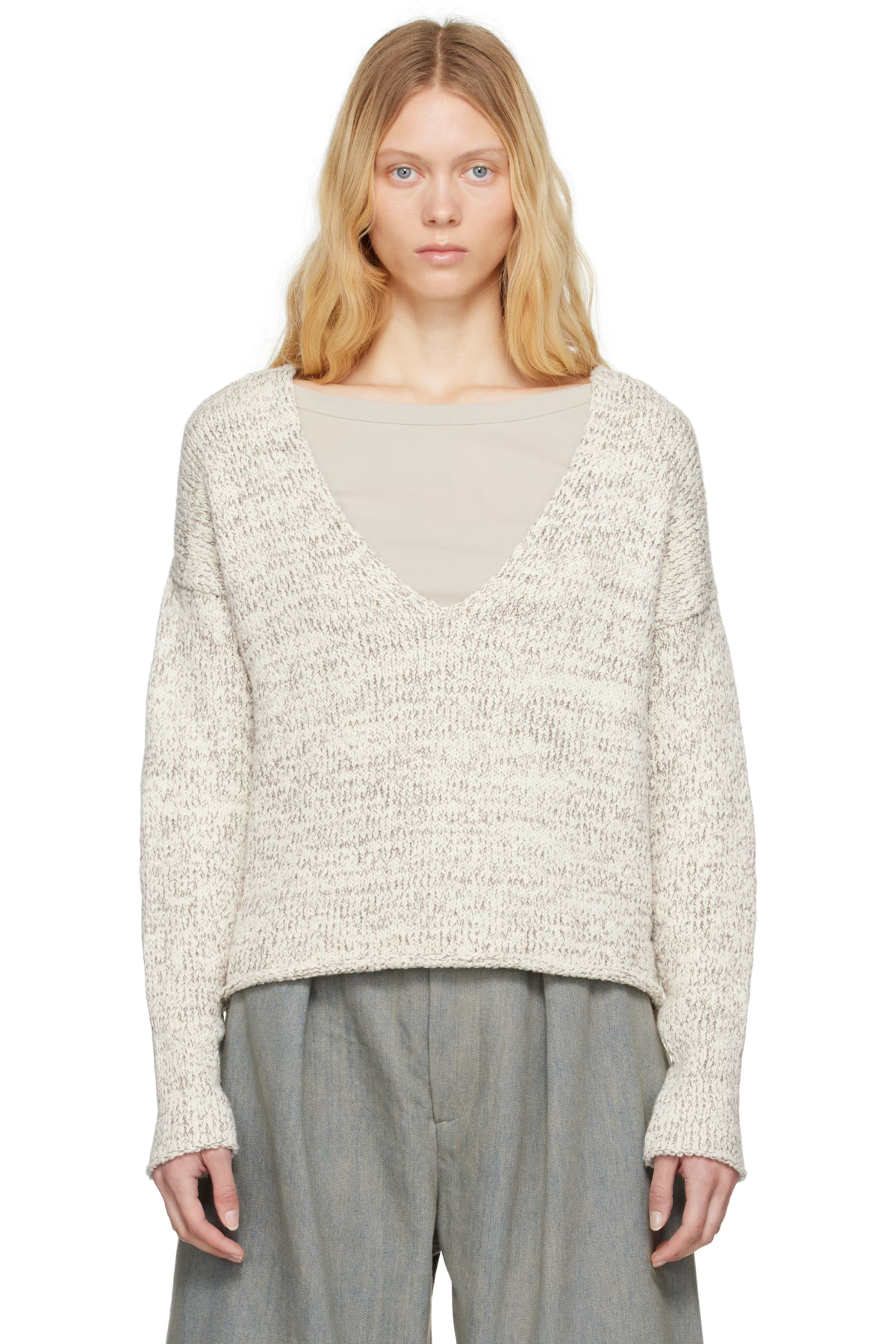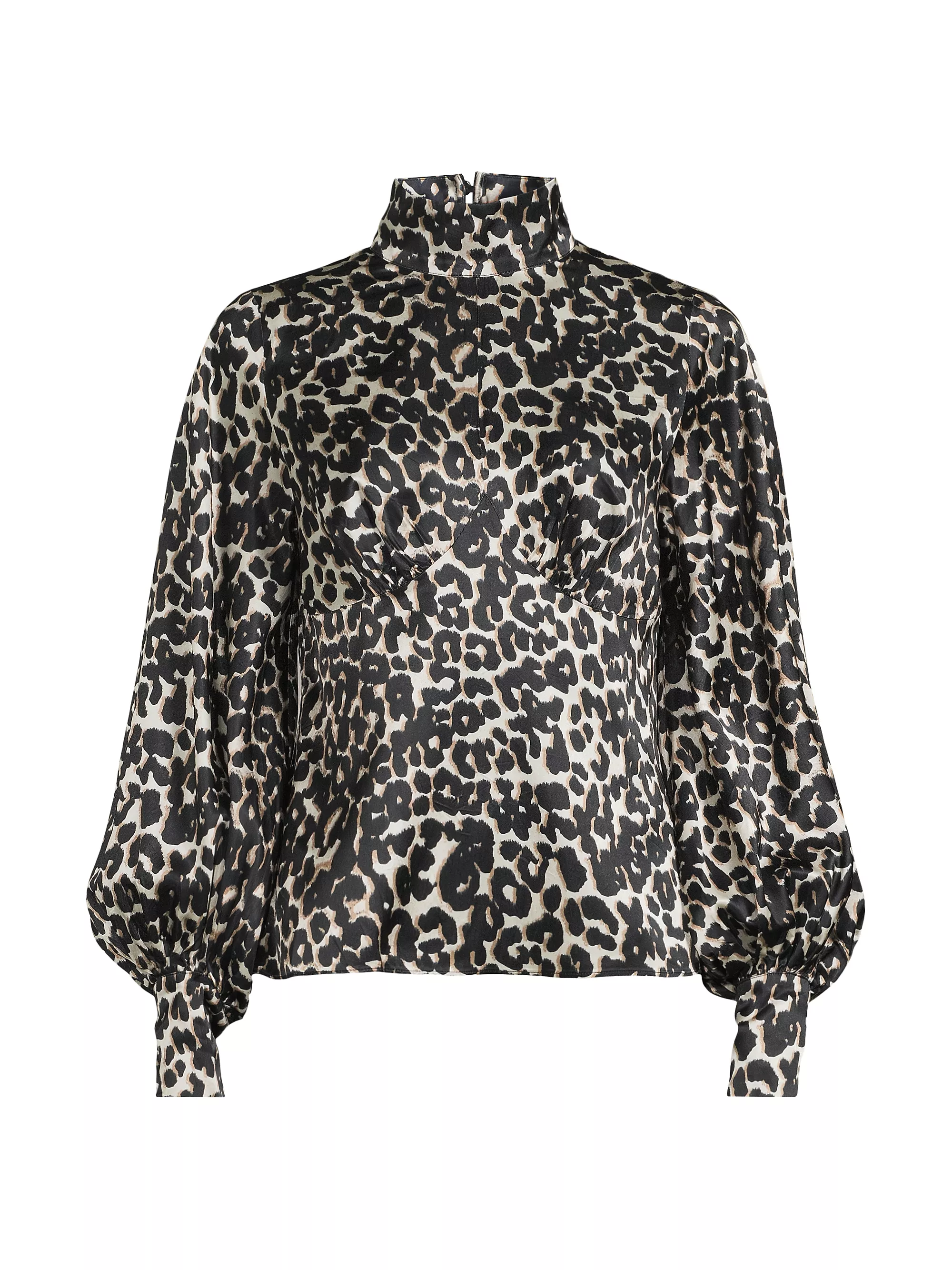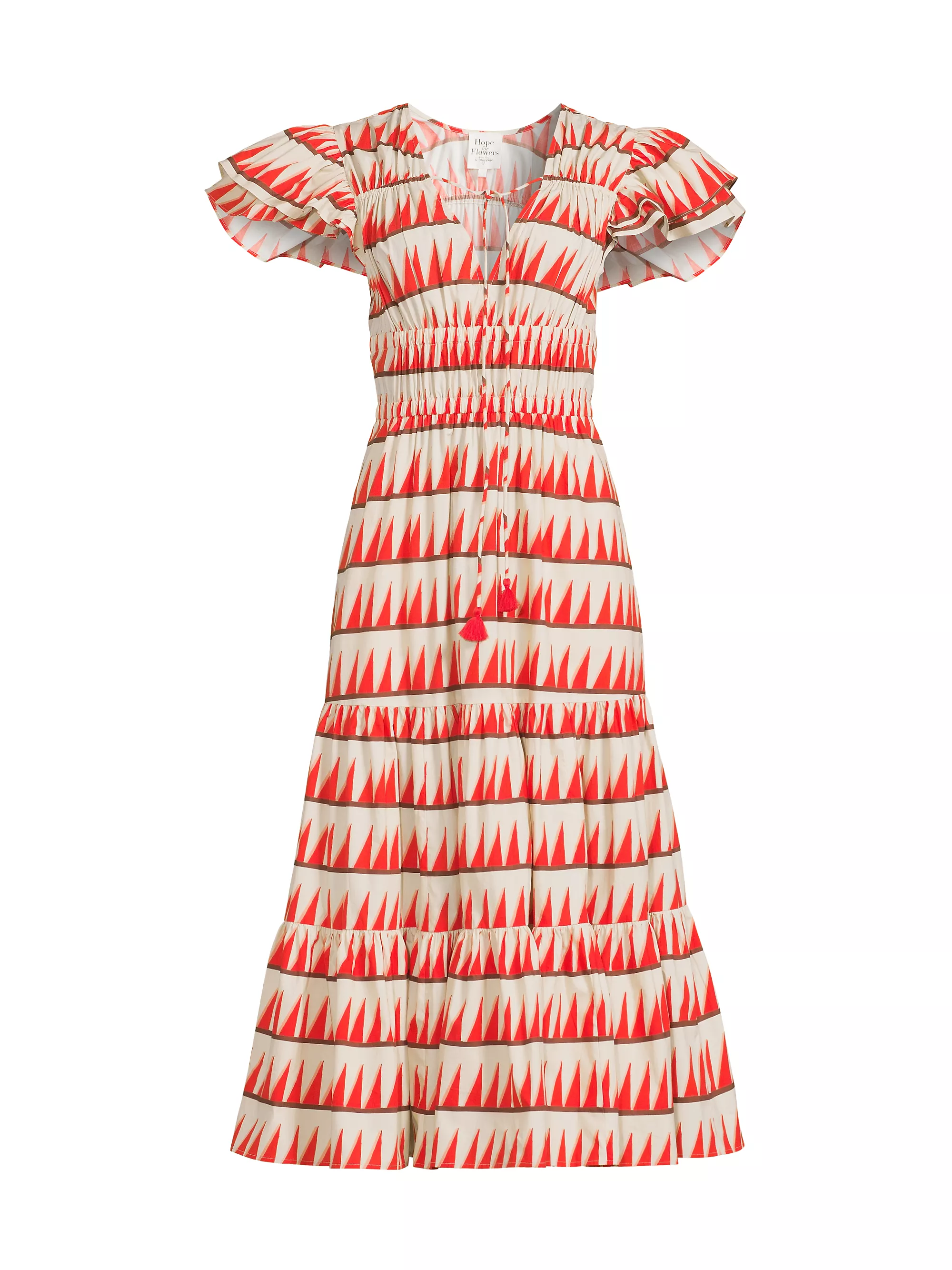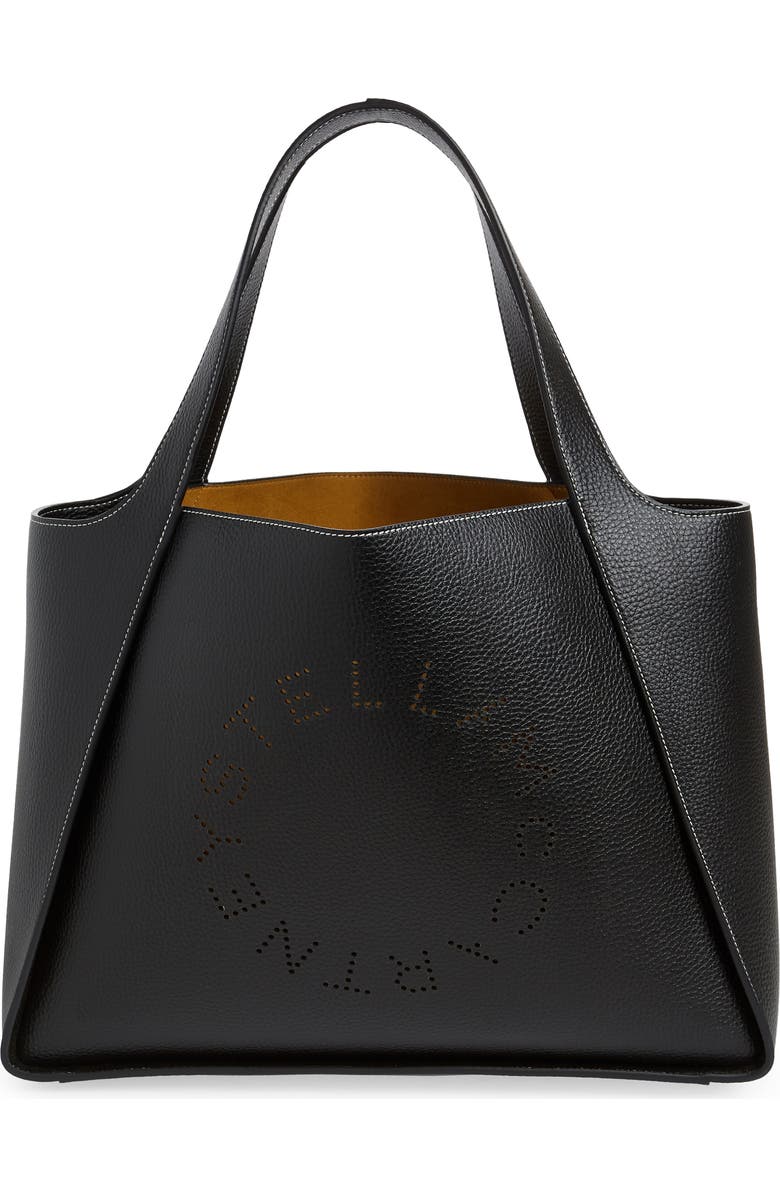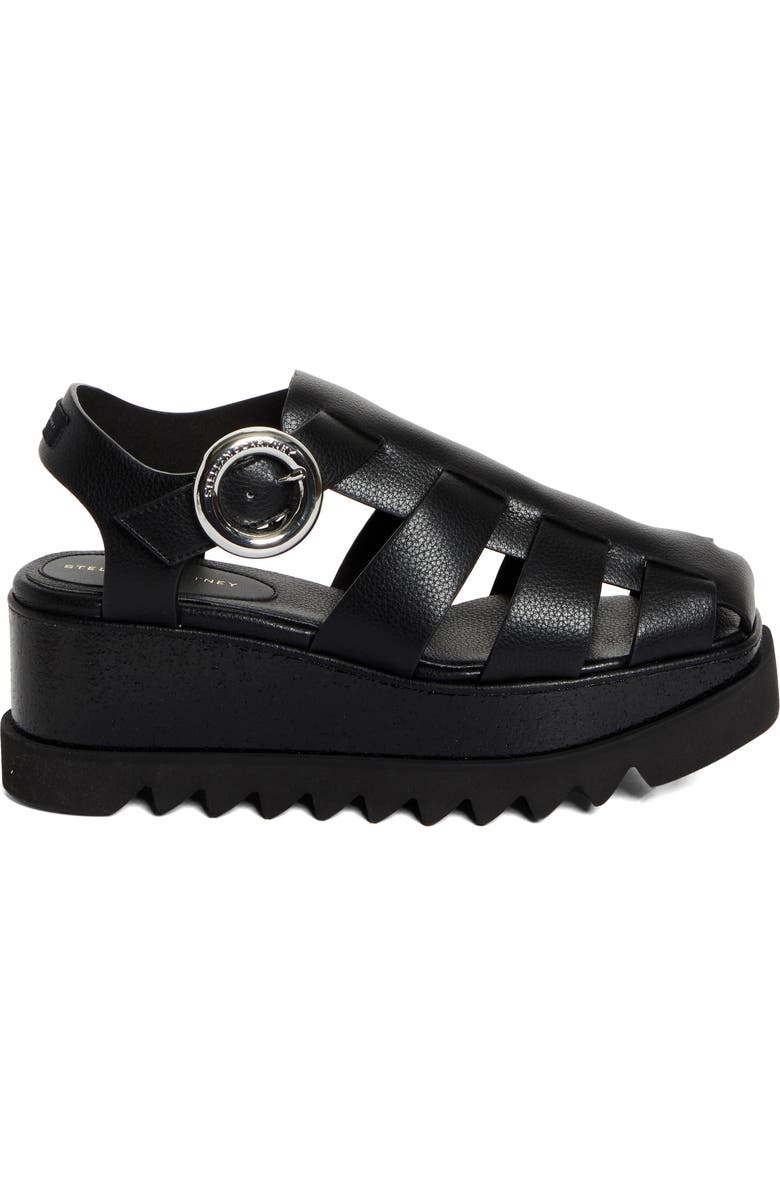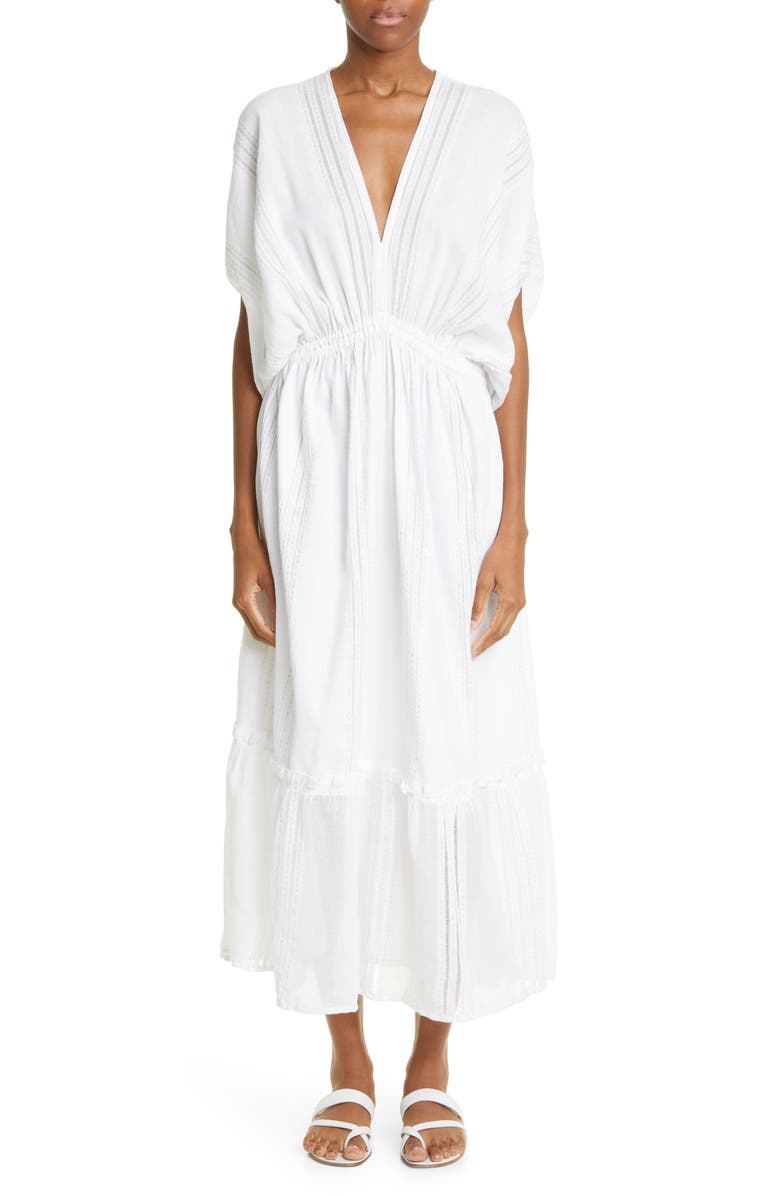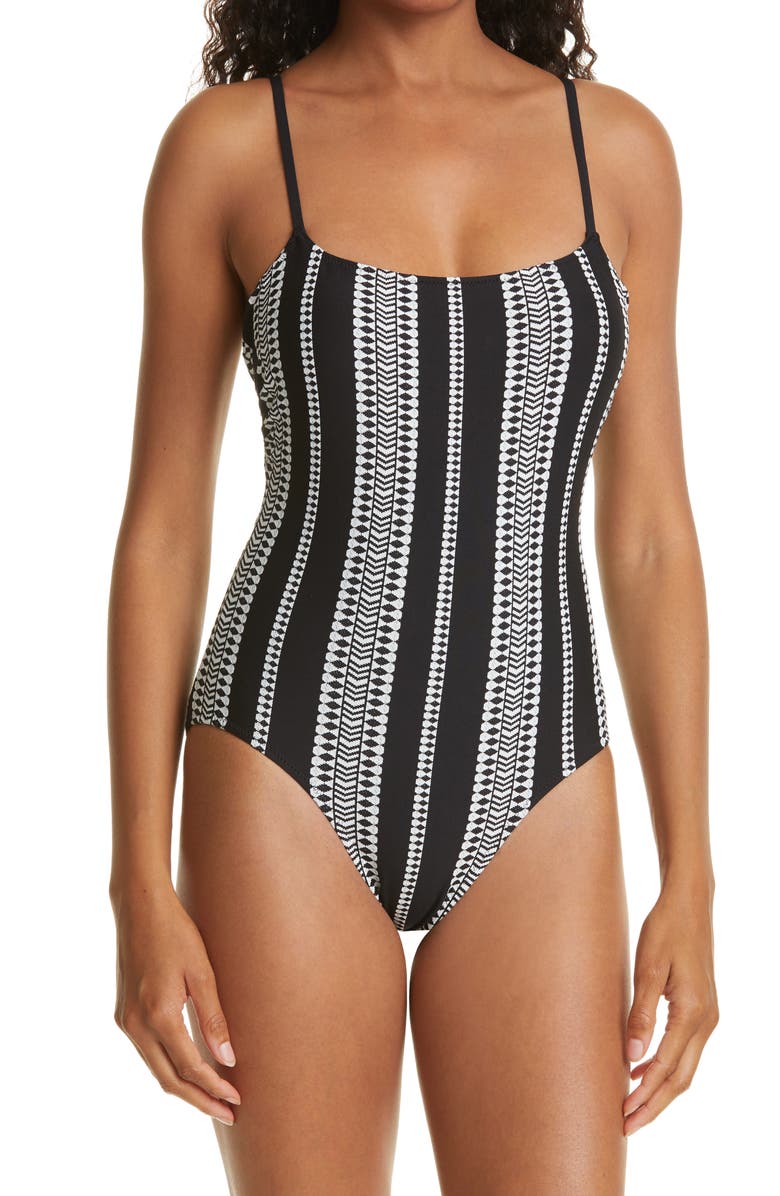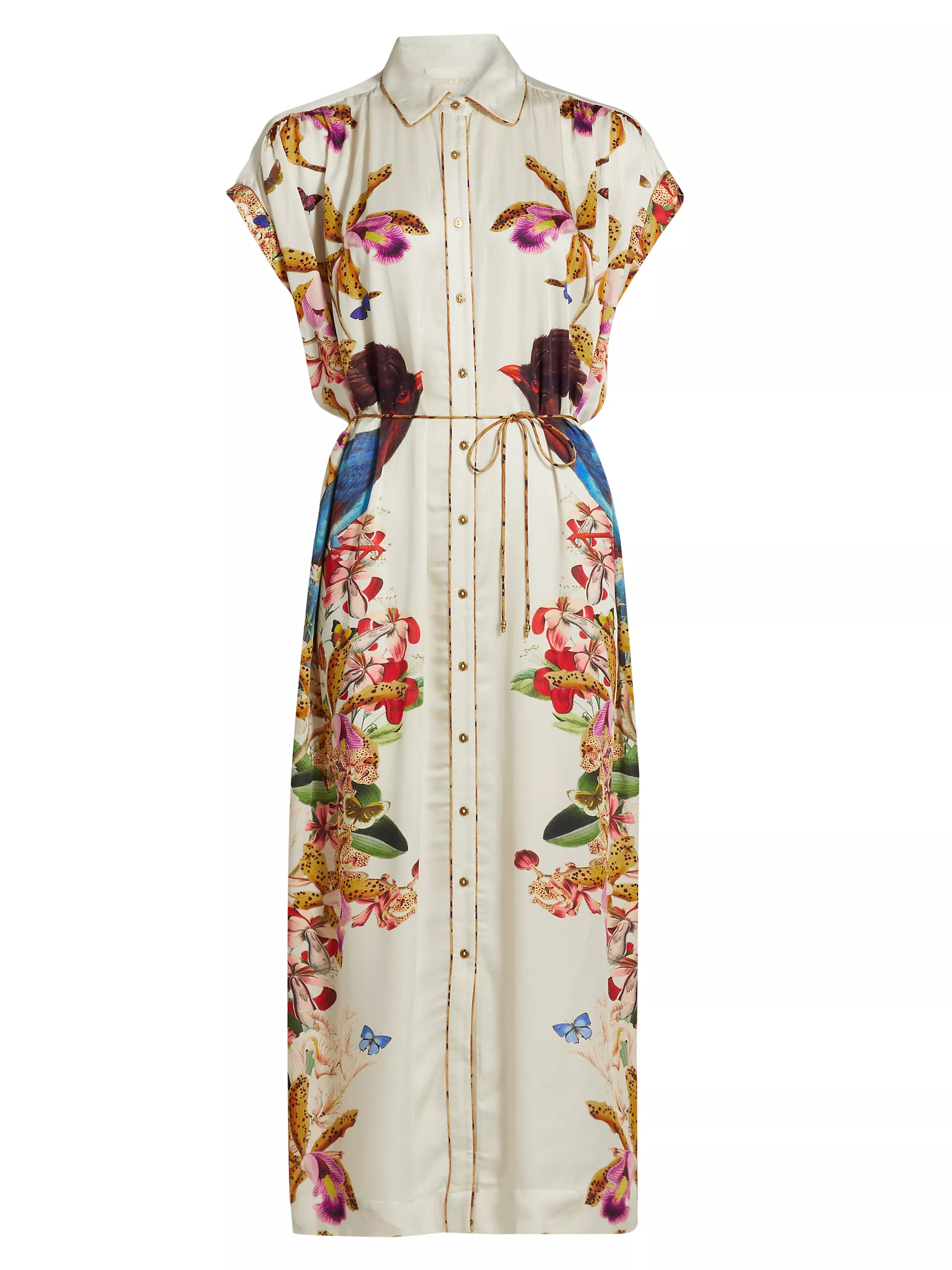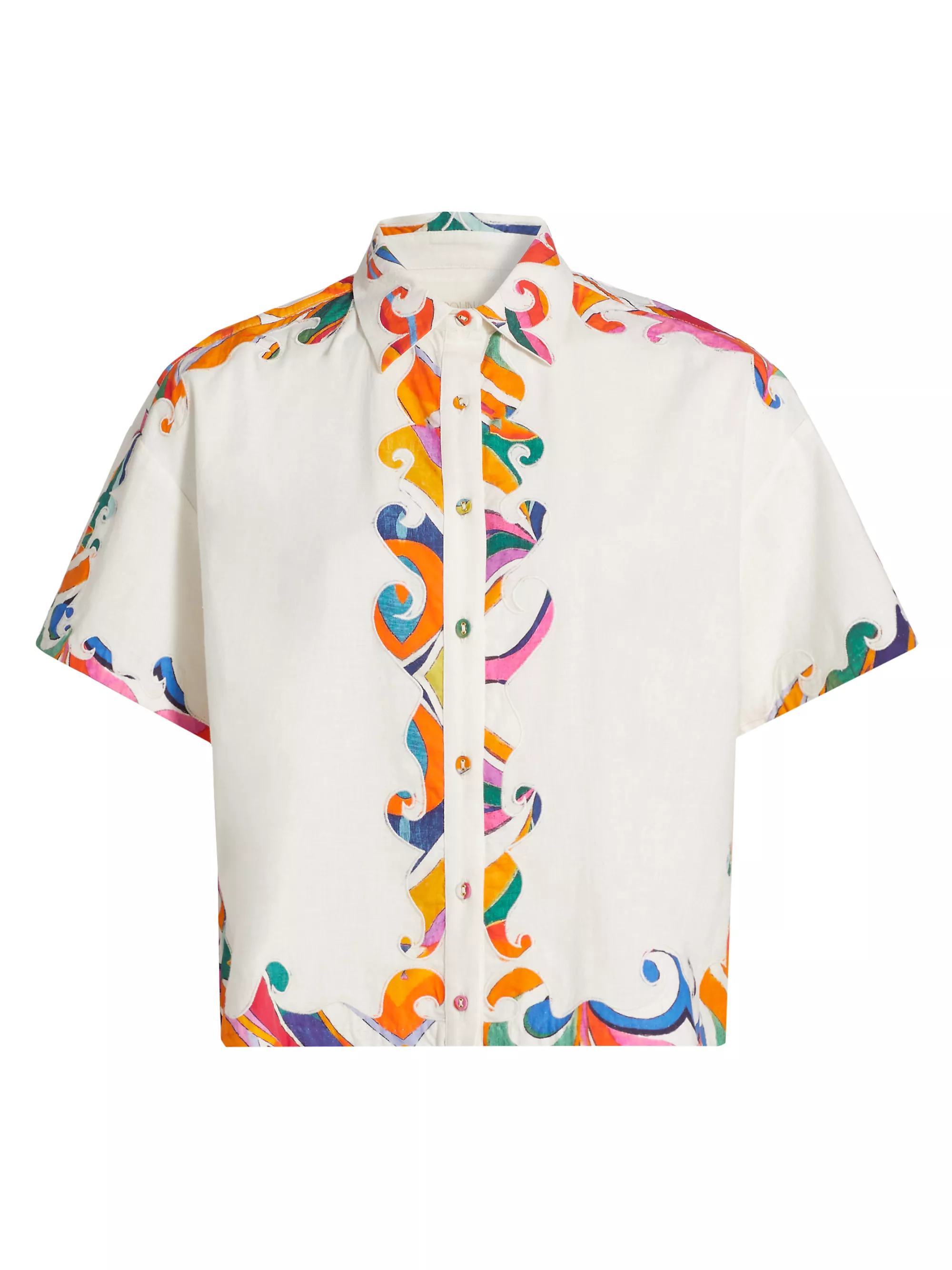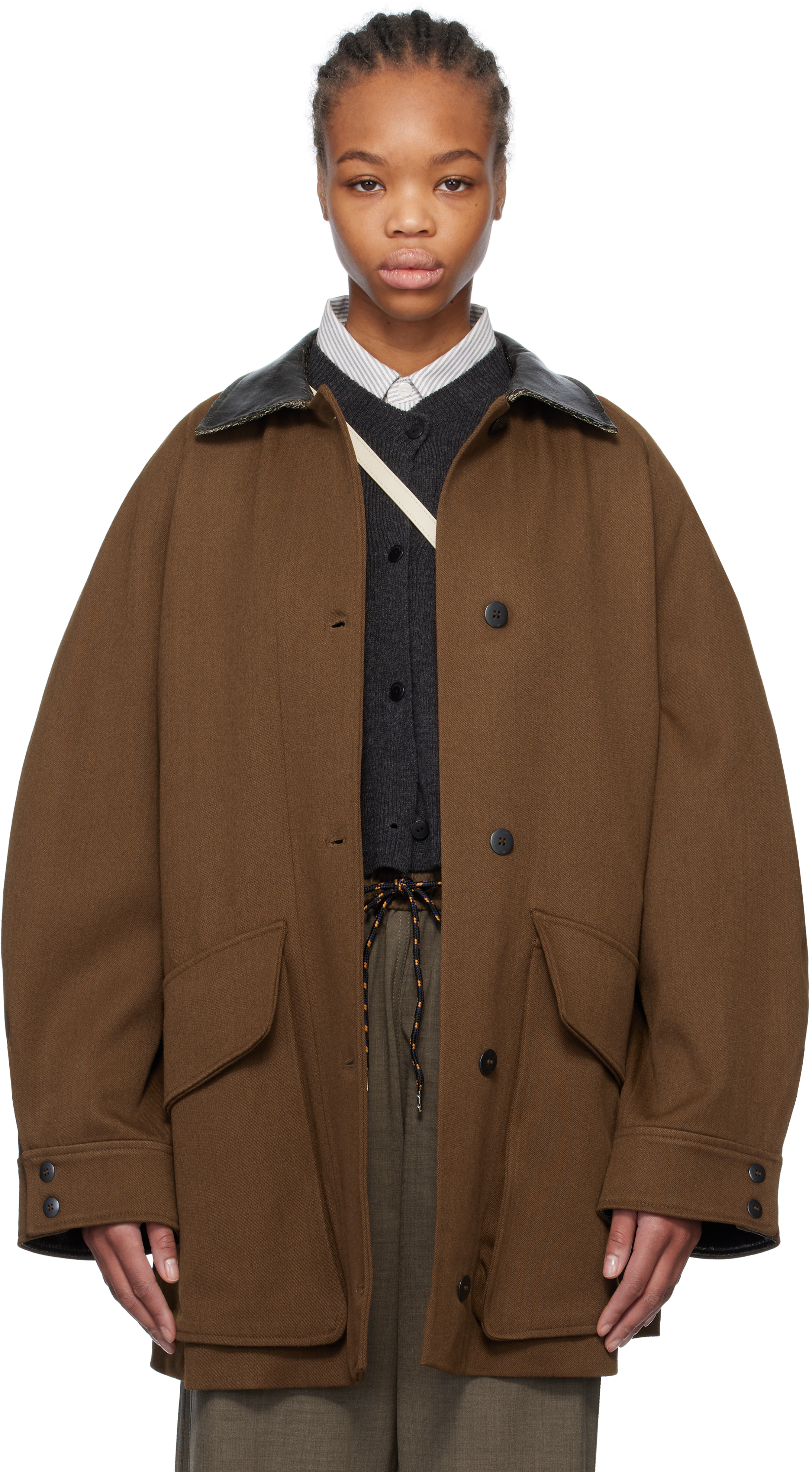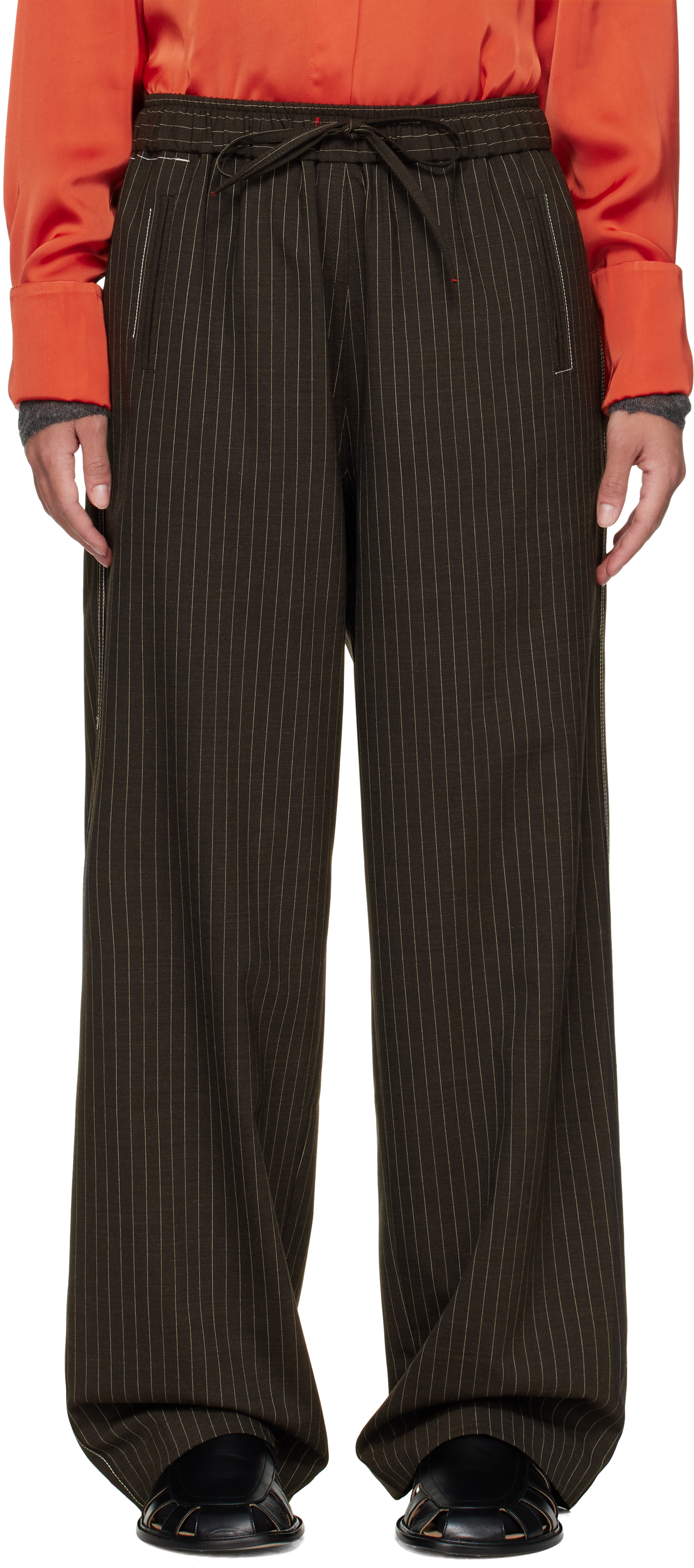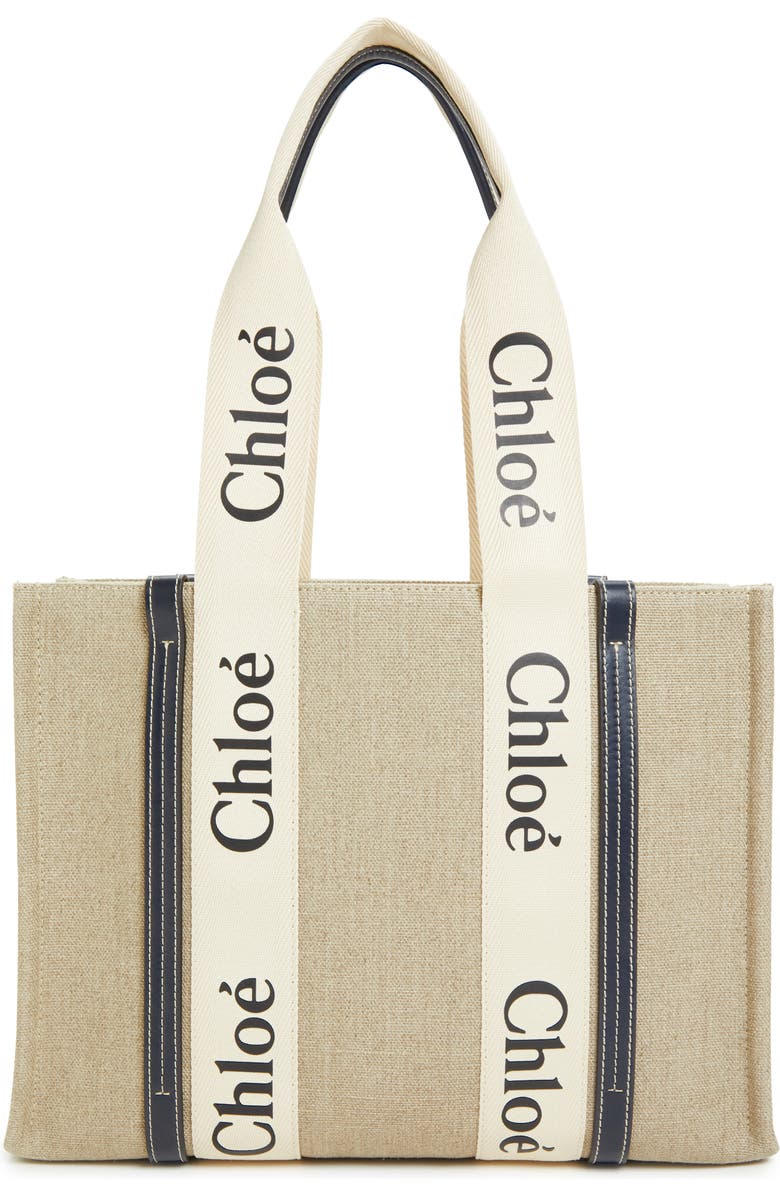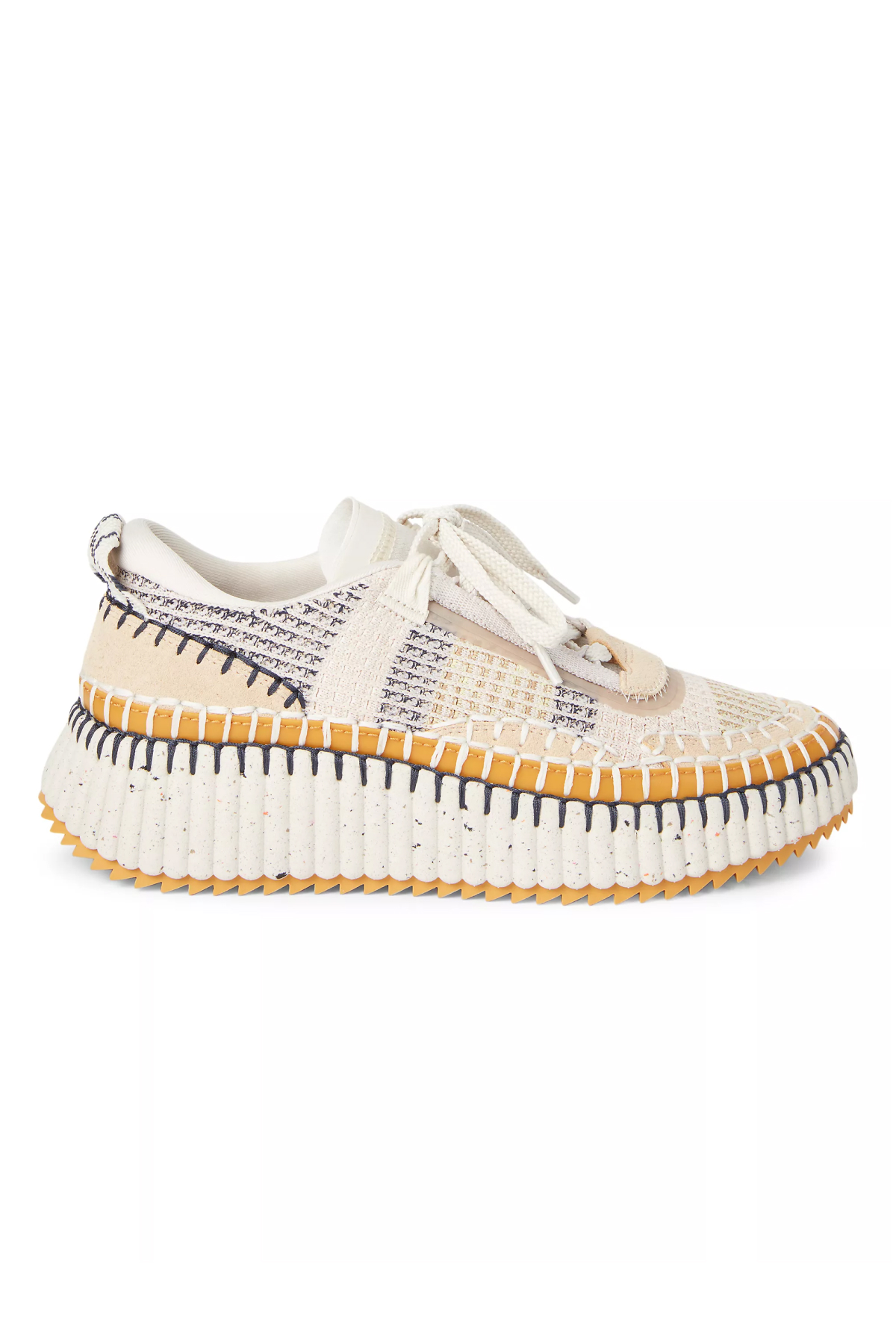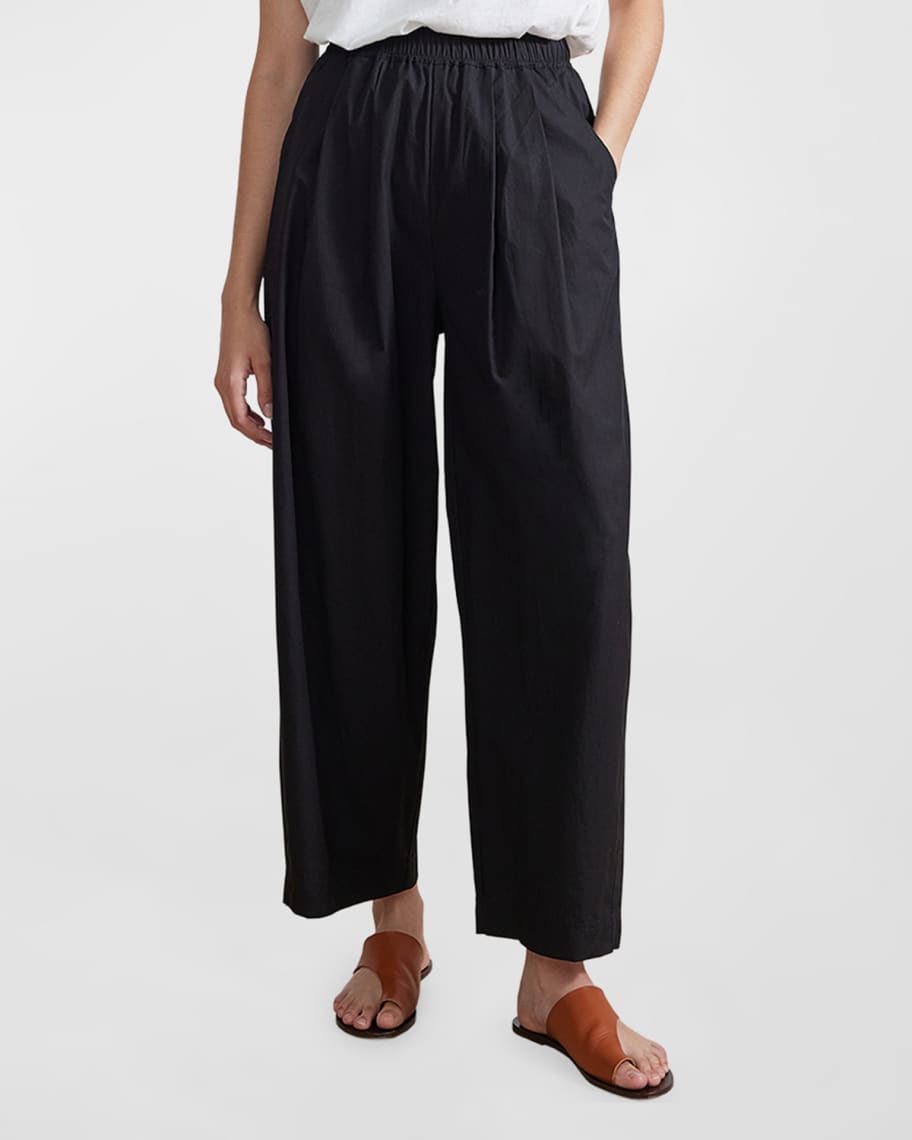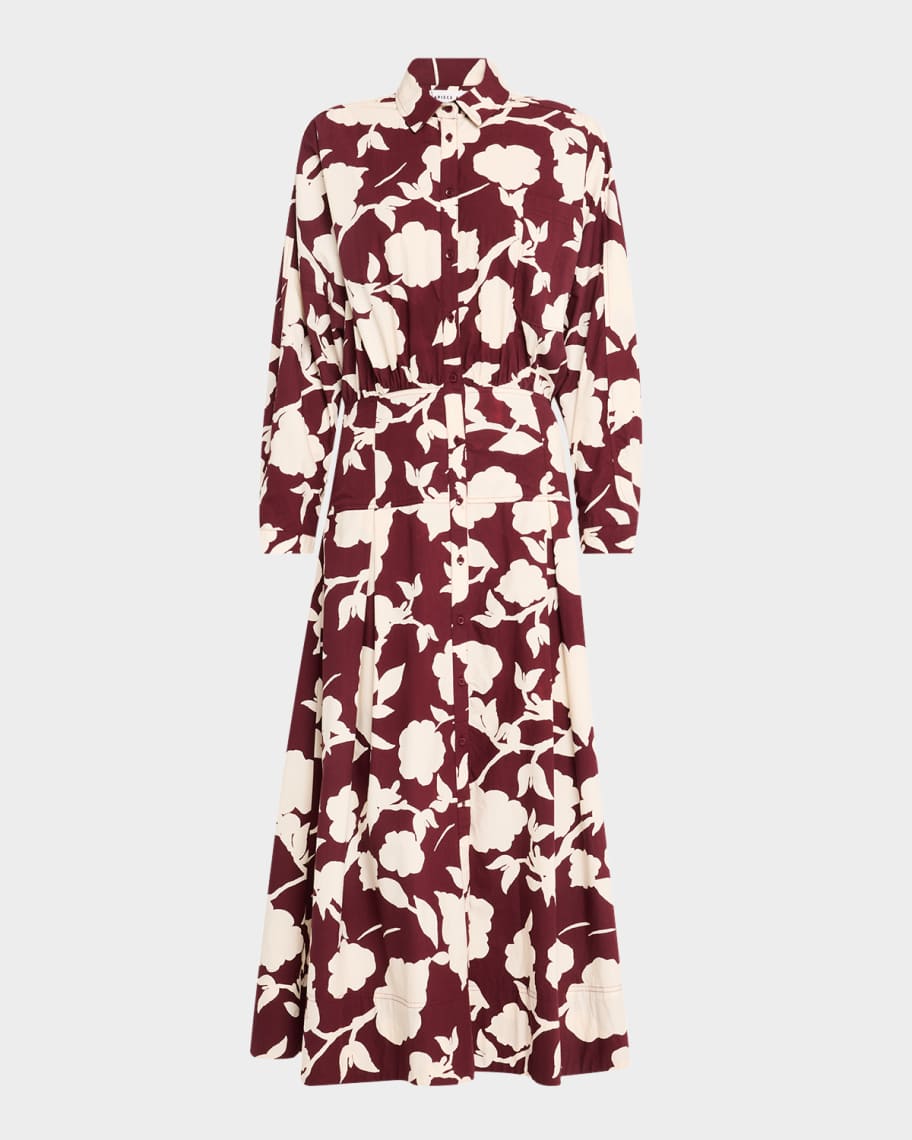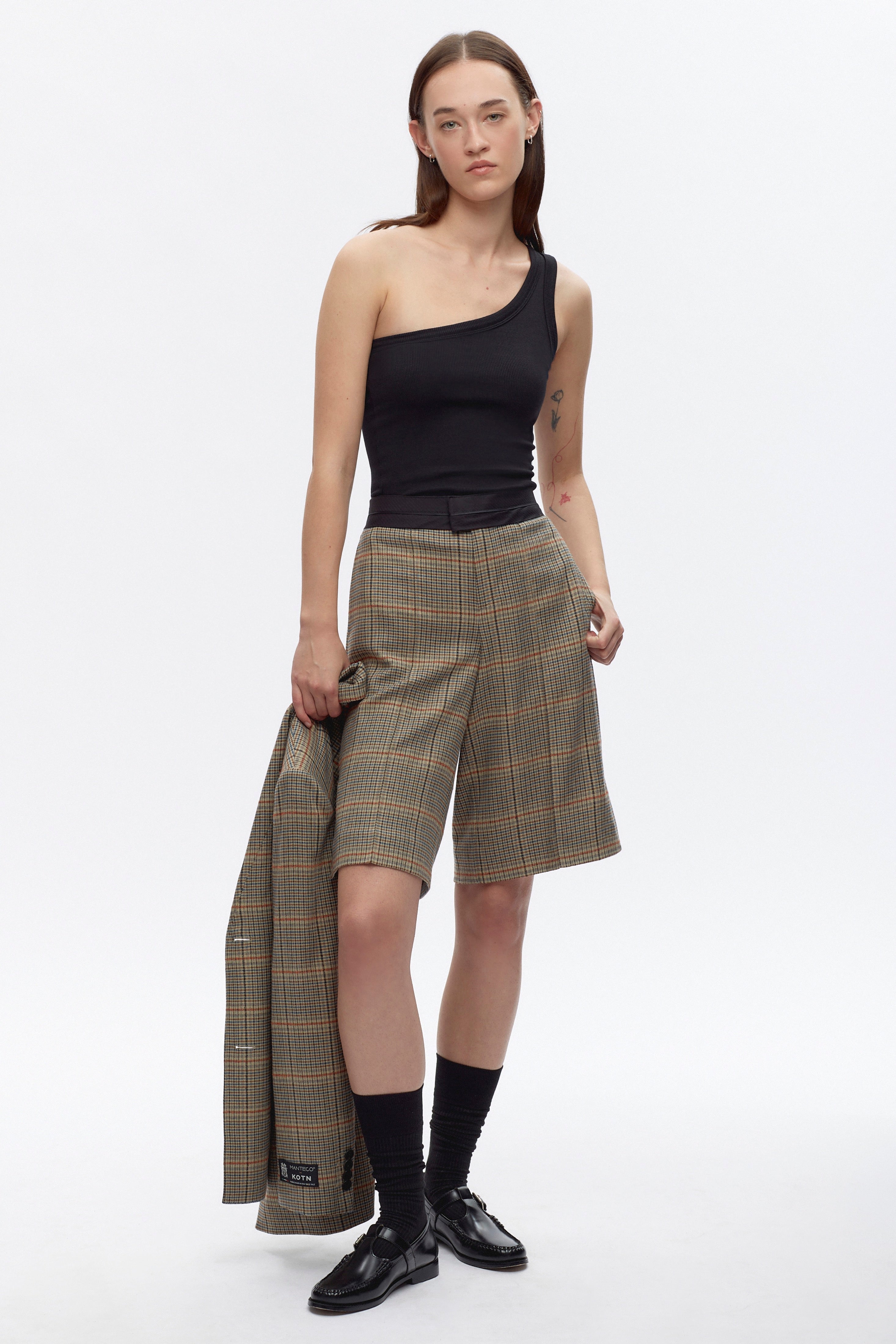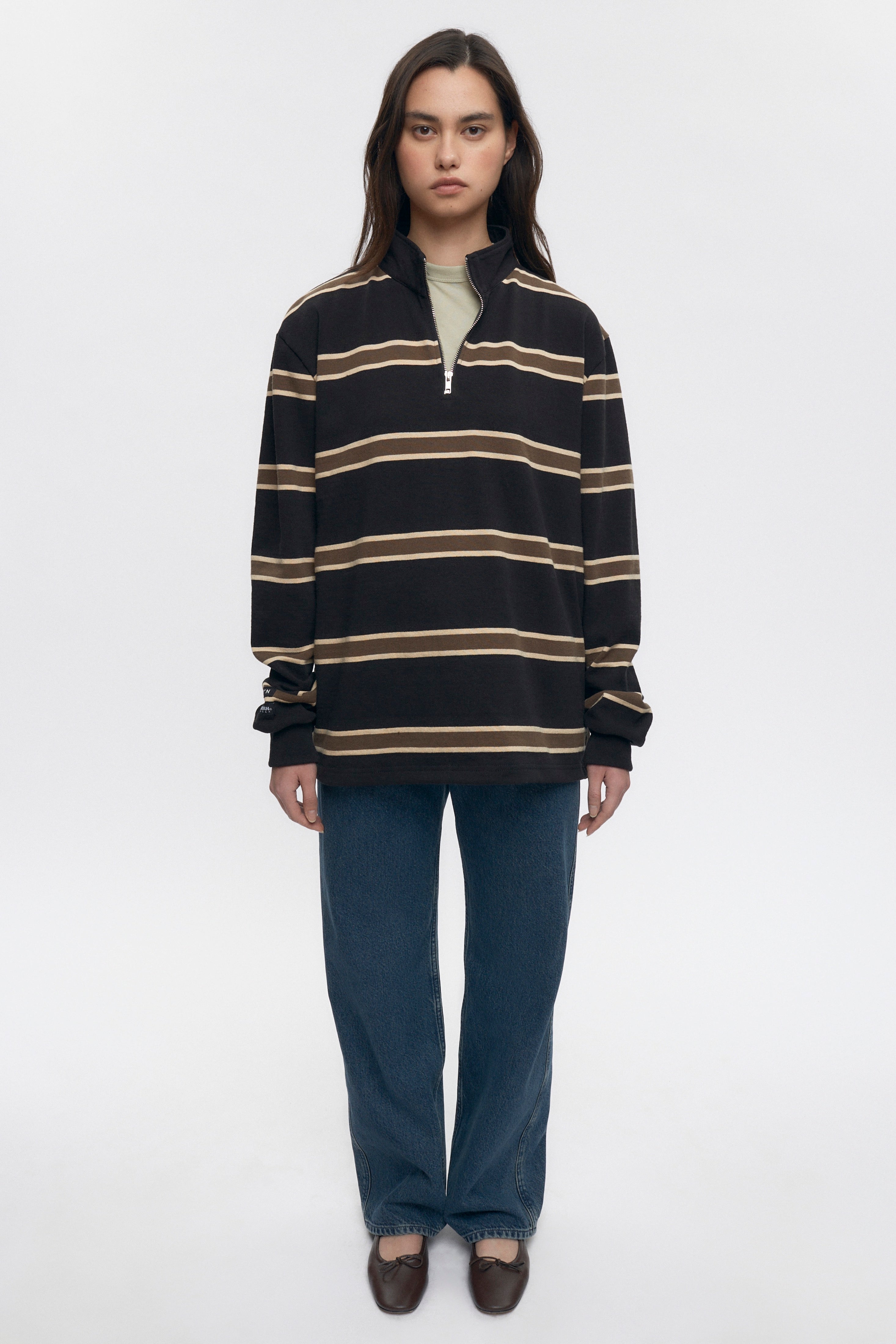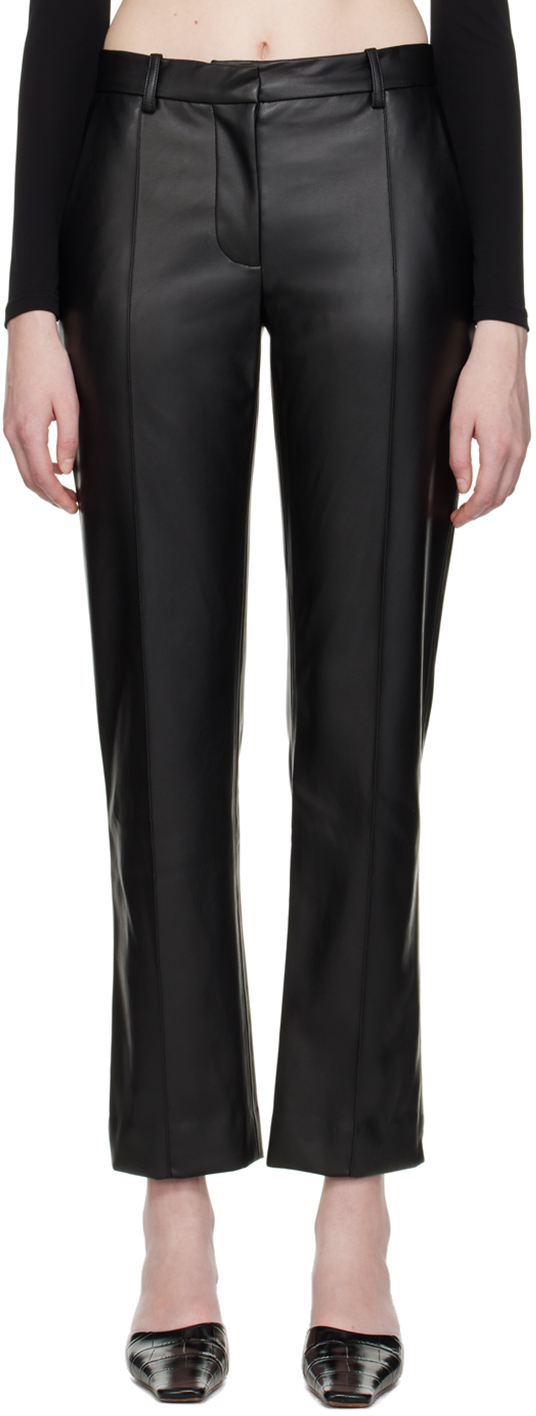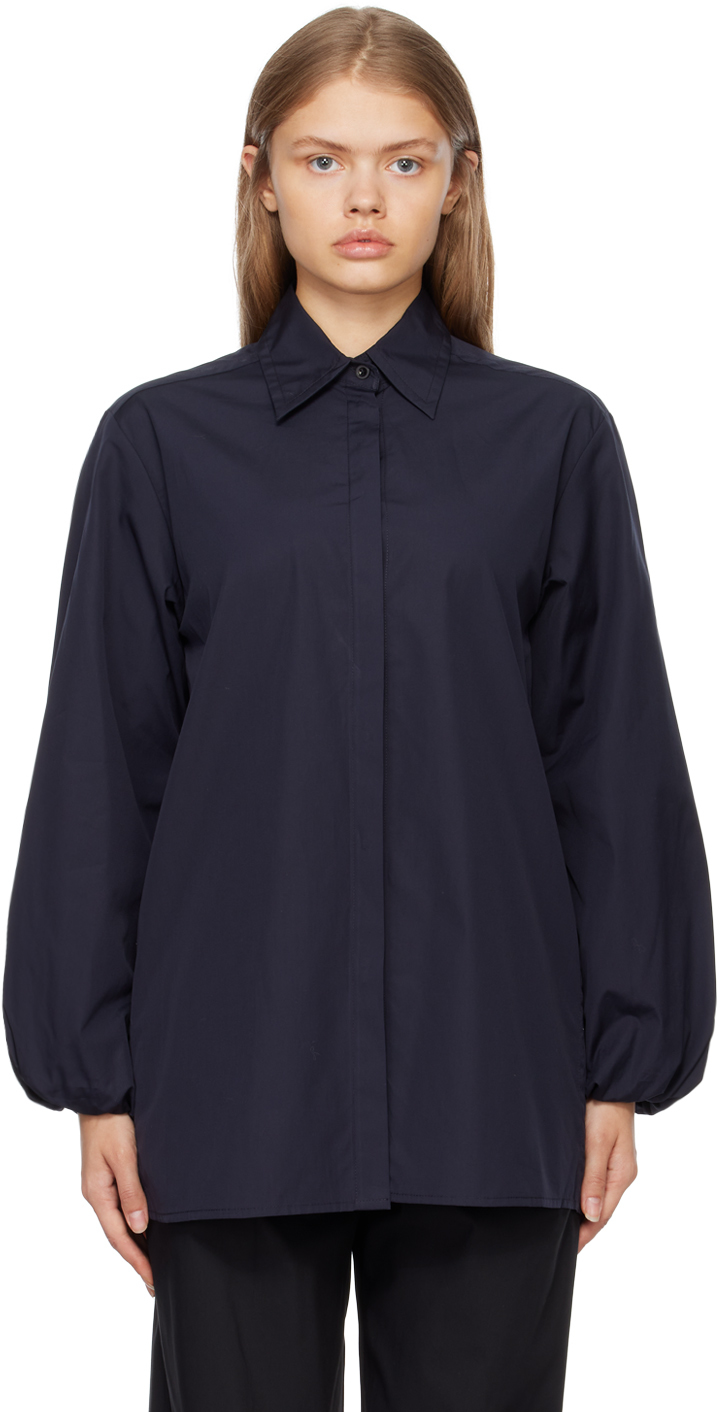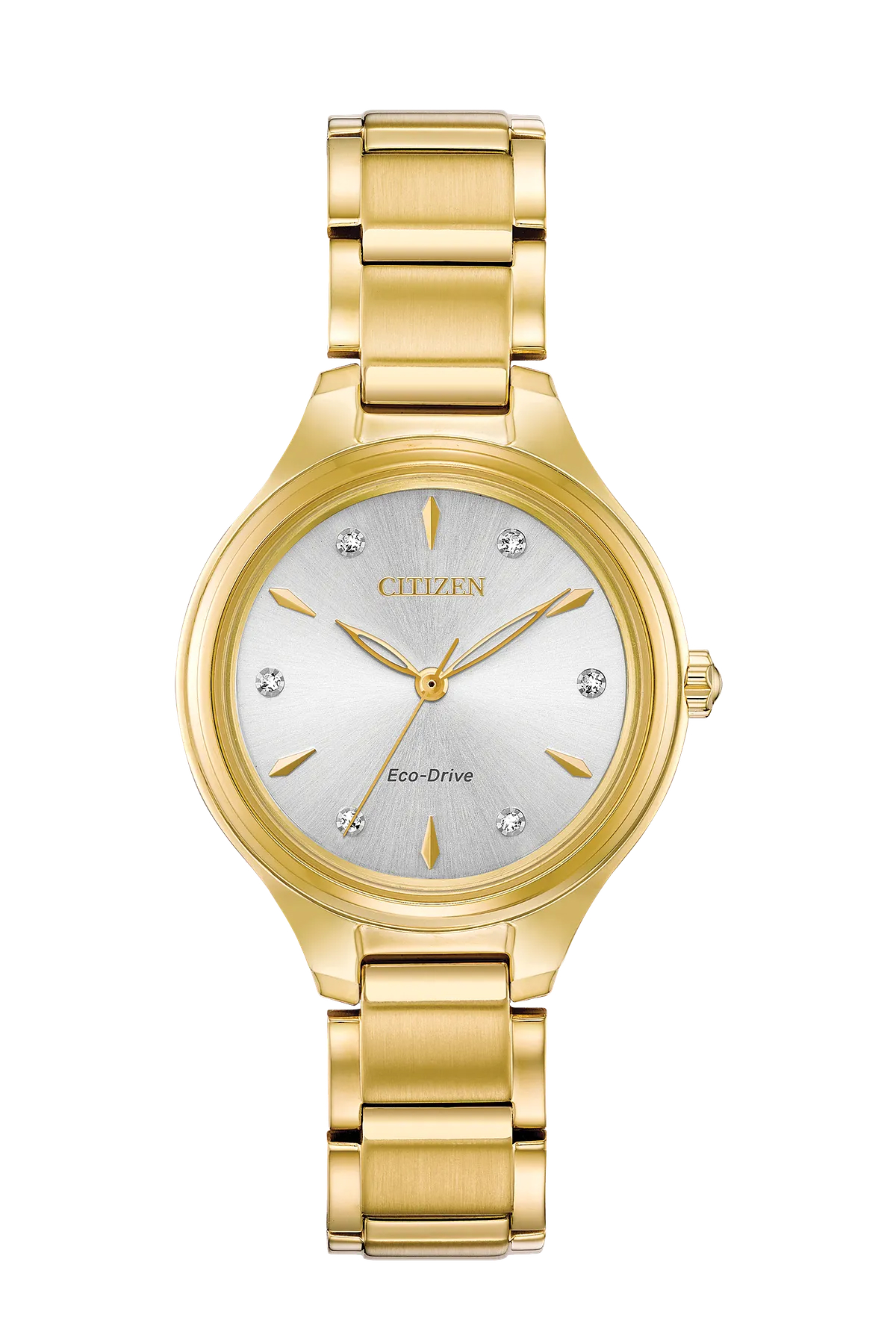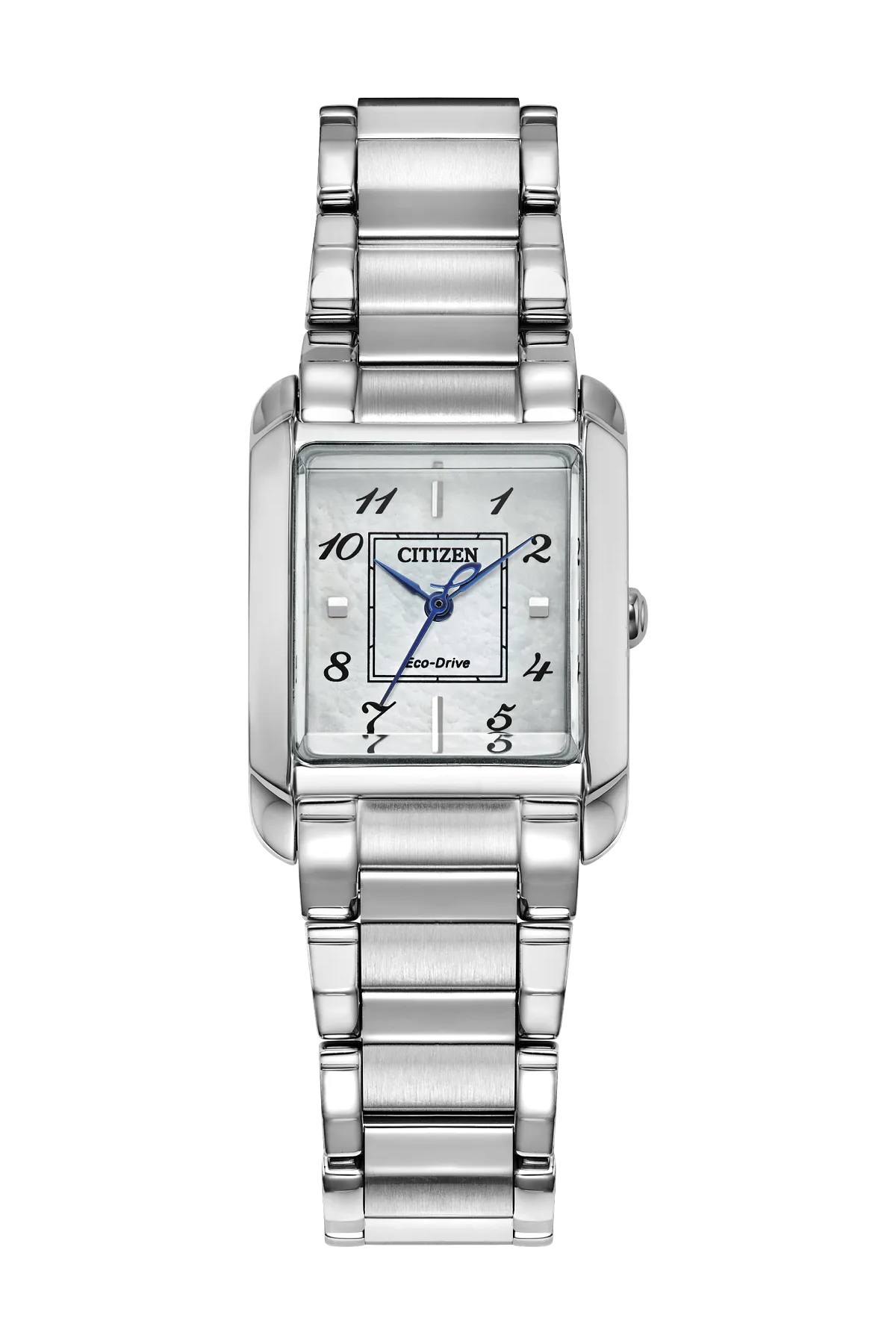I Vetted Thousands of Sustainable Fashion Brands to Find 17 Expert-Approved Labels
A comprehensive list of trustworthy names that follow through on their environmental promises.
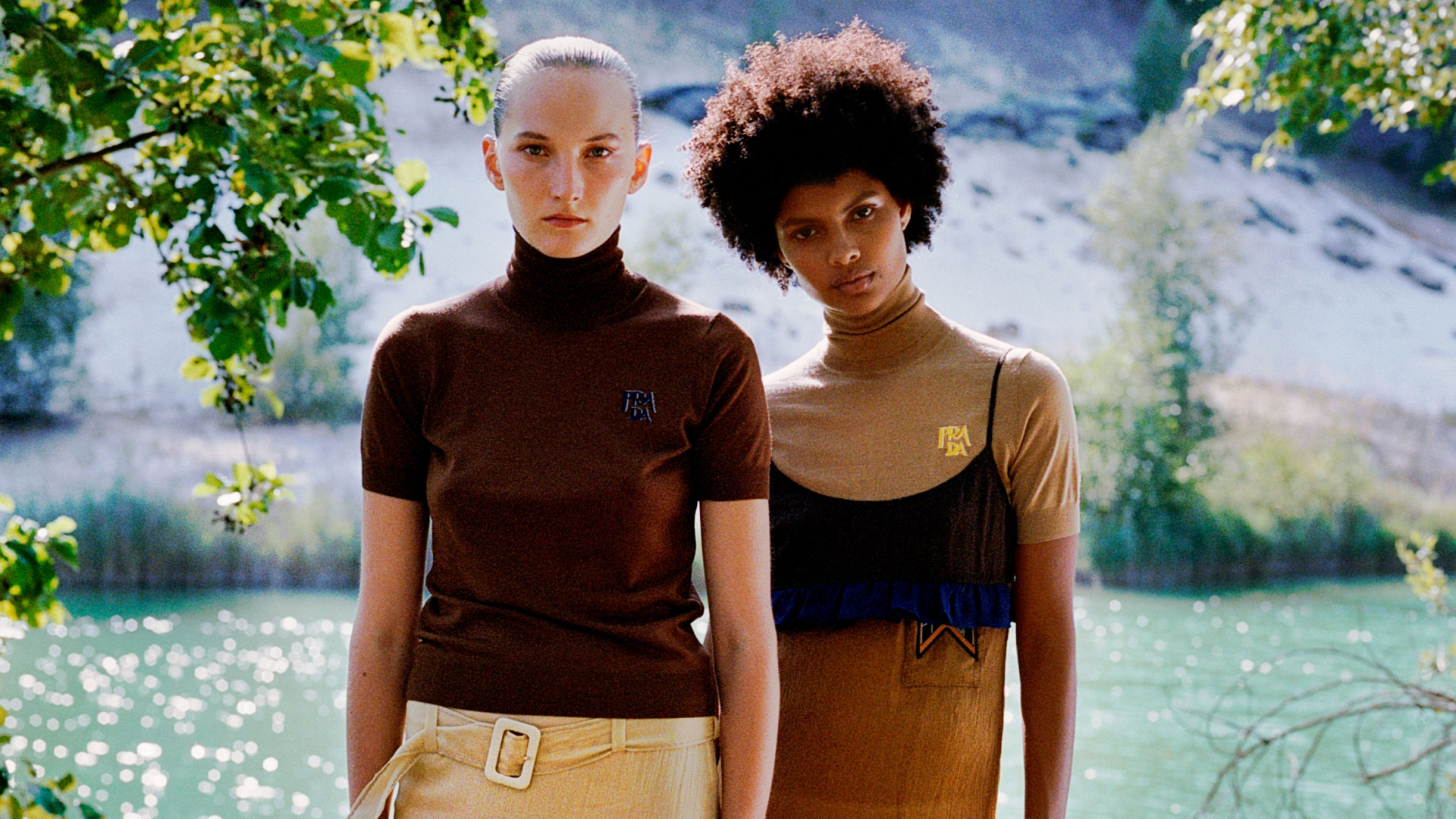
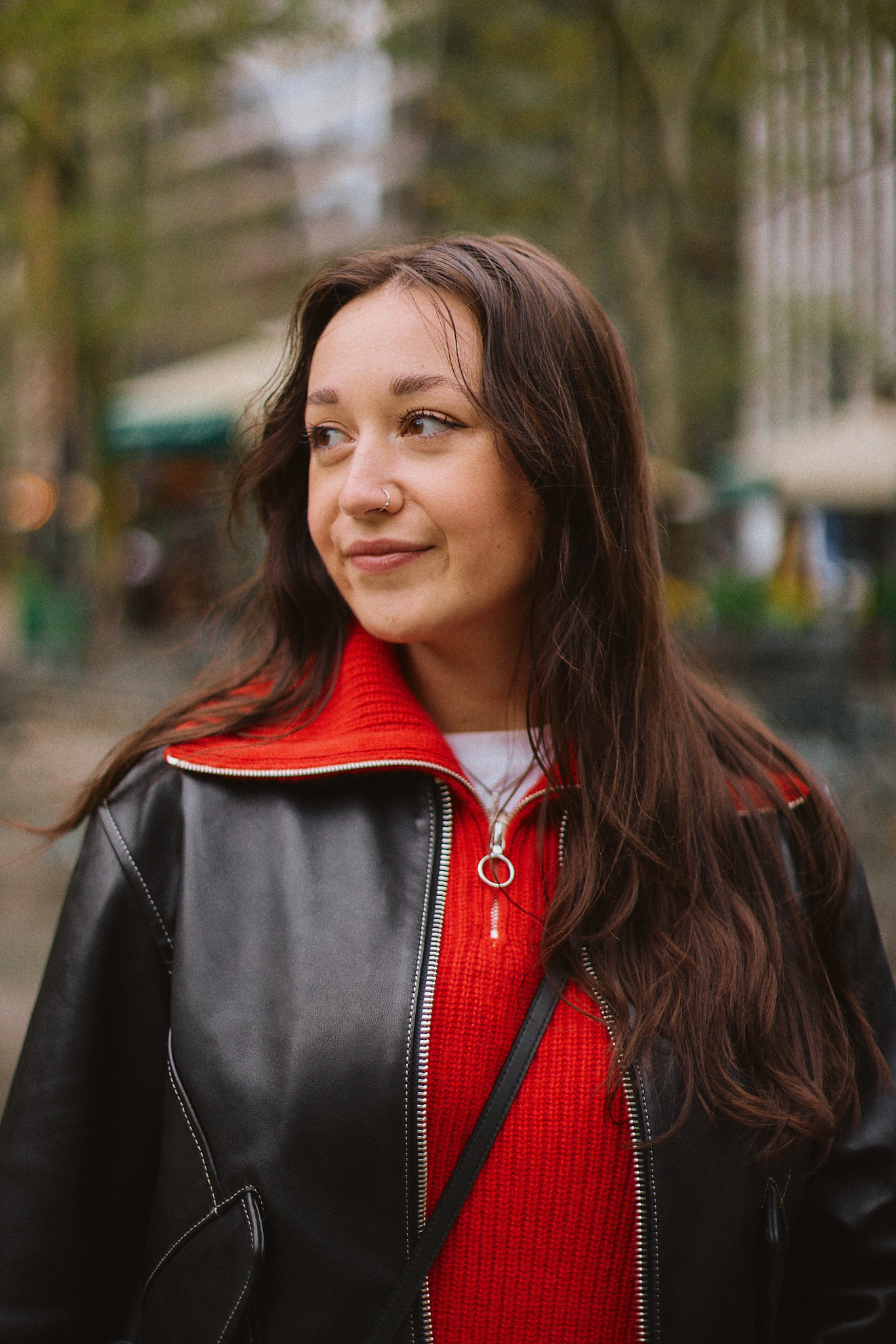
It's a common experience: In an effort to become a more eco-conscious consumer, you begin researching the best sustainable fashion brands. You find a clothing company that uses all the buzzwords you know are important—clean, circular, transparent—and purchase an item that catches your eye. However, when it arrives a few days later, it's itchy and rough against your skin. You check the tag and find a confusing list of polyester blends, none of which align with the organic, earth-friendly vision initially promised. It dawns on you that the brand likely isn't as sustainable as it claimed. You've been greenwashed.
Marina Testino, a sustainability strategist who collaborates with brands like Stella McCartney and Gucci, as well as organizations such as Greenpeace, created a comprehensive checklist to help individuals avoid the faux-eco pitfall.
Testino refers to it as the "Five Pillars of Conscious Fashion." To evaluate a brand's environmental impact, consider the following: sustainably sourced materials, including "recycled, organic, upcycled, or biodegradable" options; a responsible production process (the number of collections the brand releases annually and whether items are made to order); transparency regarding "where fabrics come from and who produced the garments "; management of carbon emissions (zero-waste practices, repurposing textiles, etc.); and the brand's social responsibility, which encompasses fair labor practices and community engagement.
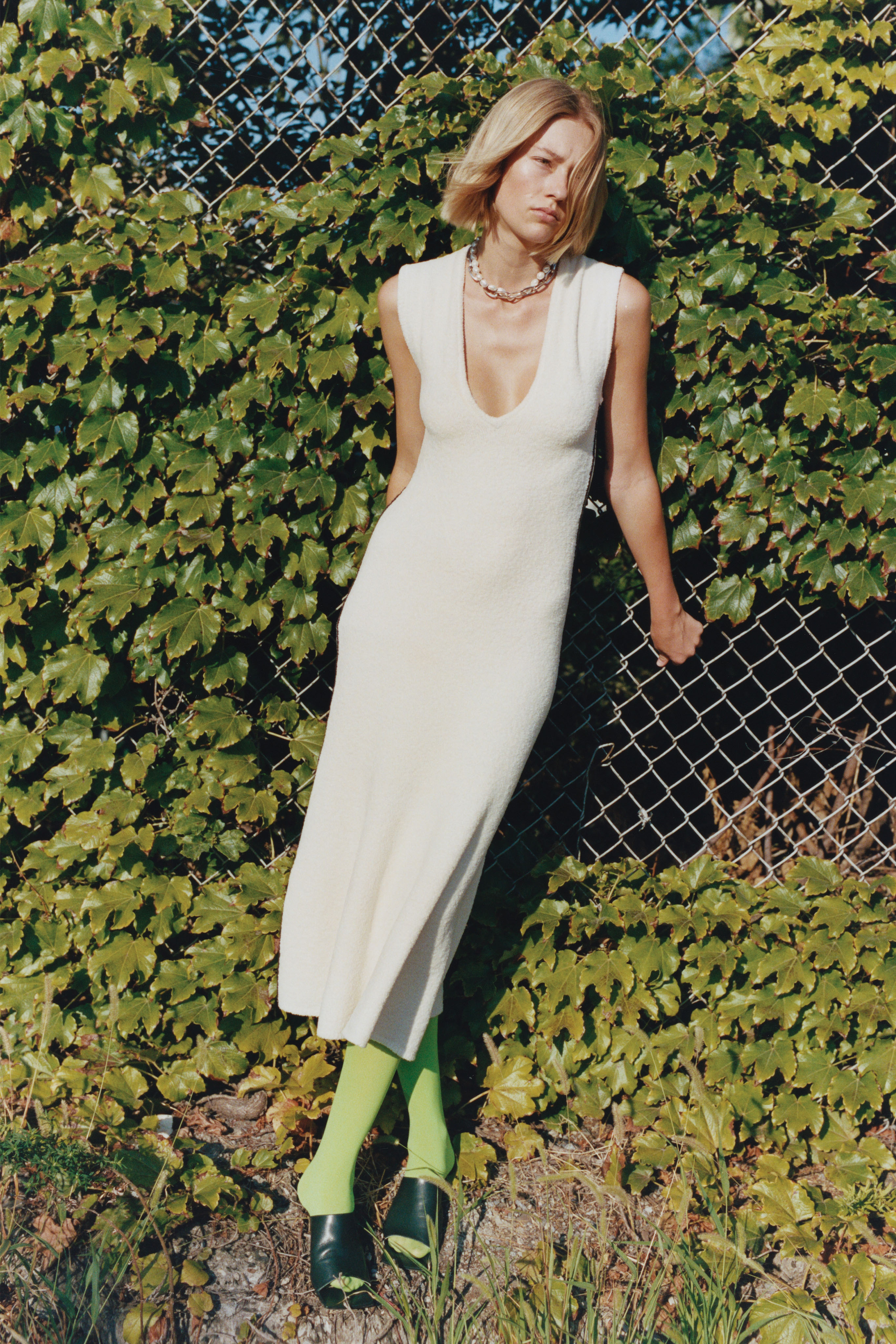
Maria McManus, a New York-based label offering contemporary heirlooms, is a brand Testino spotlights for its legitimate sustainable strides.
A label doesn't need to tick every single box on Testino's list to qualify as sustainable. "If a brand is making an effort with at least two of the five pillars, that signals a genuine commitment to conscious values and solutions," she says. It's more important that the brand is sincere with its mission and has proof to support its efforts. "No brand is perfect, but if you see a claim without any evidence, that's a red flag," says Alyssa Hardy, journalist and author of* Worn Out: How Our Clothes Cover Up Fashion's Sins*. "Do they provide supplier information or certifications? It can't hurt to ask before you buy," the writer says.
More than anything, both Hardy and Testino emphasize that sustainability is more of a mindset than a consumption practice. "It's less about the physical items you purchase than about the personal value you assign to each piece," explains Testino. You can invest in a $600 pair of pants made from organic, locally grown hemp, but if they sit in your closet with their tags still on, it wasn't a worthwhile purchase. "Only buying what you truly love or need is key," says Testino.
To help you build a more eco-conscious closet, ahead is a comprehensive roundup of the best sustainable fashion brands, researched by Marie Claire and endorsed by Testino, Hardy, and Erin Allweiss, co-founder of No. 29 Communications, an impact-oriented, purpose-driven public relations firm. Below, discover and shop 17 labels that are truly green.
A Comprehensive Guide to the Best Sustainable Brands
Baserange
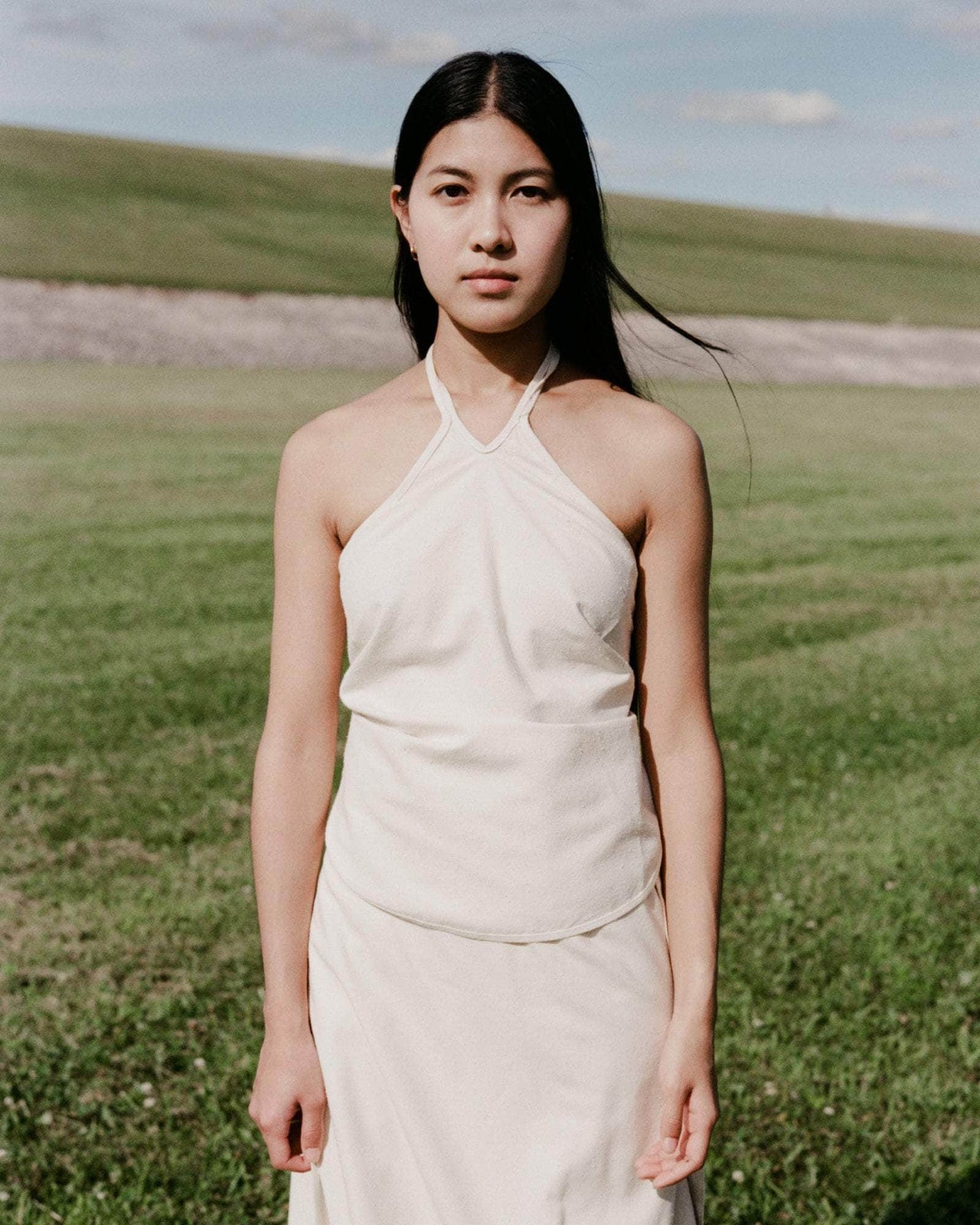
Baserange's simple staples are those you invest in once but wear forever.
"For true basics, like elevated T-shirts and layering pieces, I'm a Baserange girl," Allweiss shares about the brand based in Denmark and France. She notes that the label offers wardrobe essentials with a quirky, playful slant—cutout tank tops, silky slip dresses, and paper bag-waist linen pants. It provides detailed information on each of the materials used, along with a map pinpointing the origin of each fiber and a written overview of Baserange's supply chain. Future initiatives include installing solar panels on the roof of their headquarters and integrating more organic hemp into upcoming collections.
Maria McManus
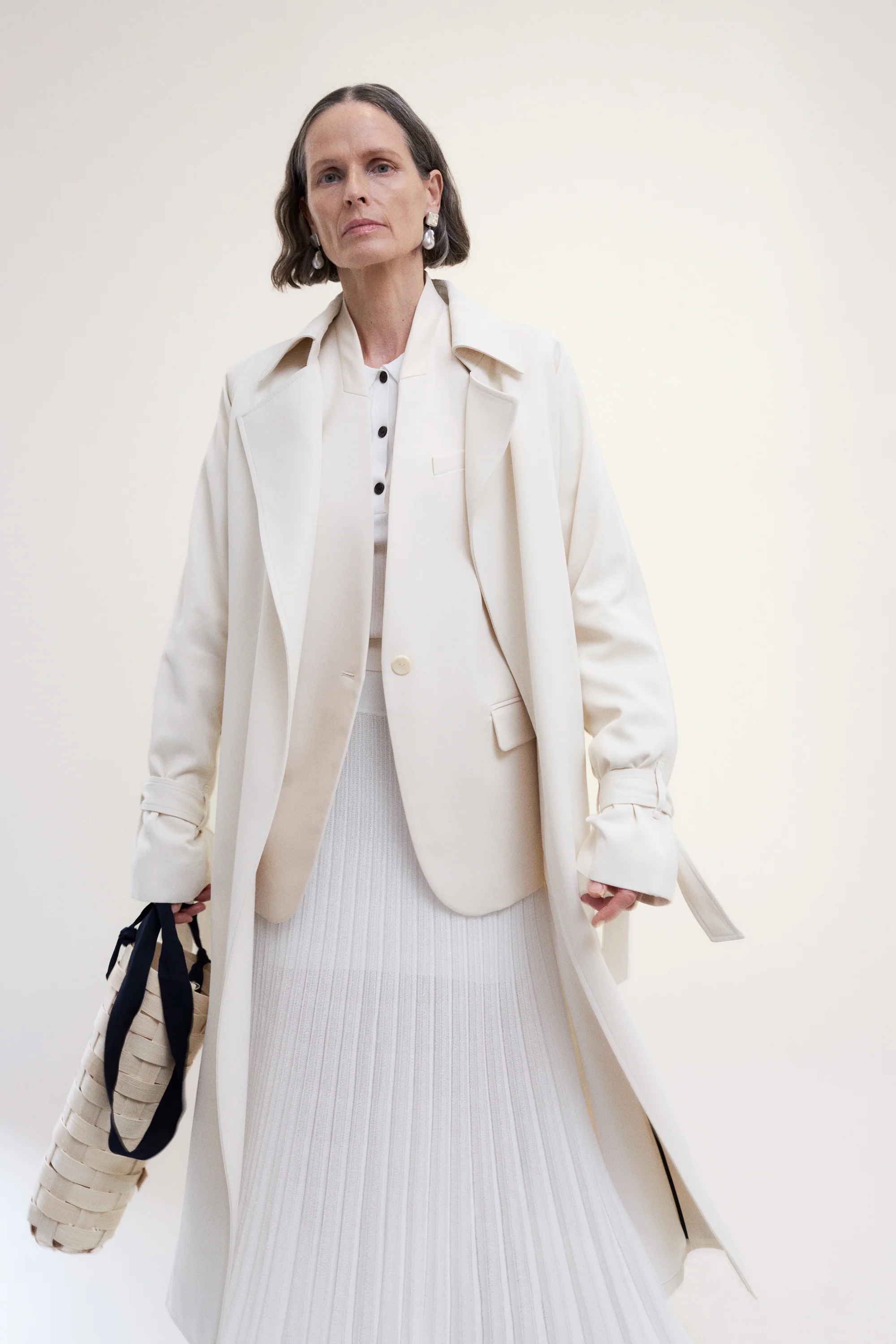
Maria McManus is minimal and traditional in design but innovative and future-thinking with its ethos.
In 2020, the Dublin-born designer Maria McManus launched her eponymous line as a streamlined, traceable collection of sharp suiting, cloud-soft knitwear, and other wardrobe essentials that act as modern heirlooms. All materials are sourced from England and Japan, utilizing high-quality natural, recycled, and biodegradable fibers. Both Alweiss and Testino praise Maria McManus, the No. 29 co-founder, who particularly loves the label's front-pleat trousers, which she pairs with a sturdy button-down shirt.
Veja
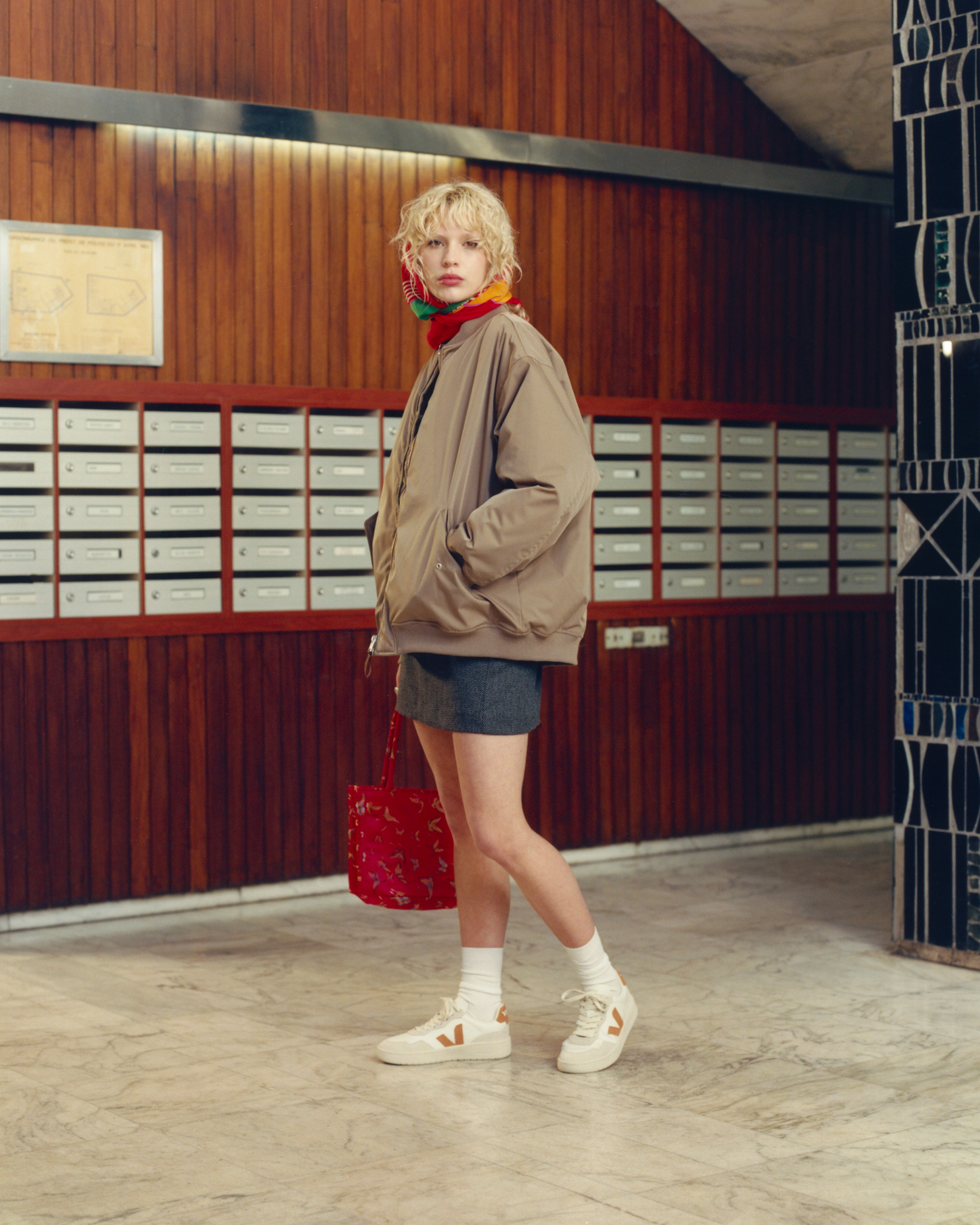
Veja is on a mission to make sneaker collections across the globe greener, one pair at a time.
Allweiss and Hardy both recommend the French sneaker brand Veja, which launched in 2004 with the mission of reinventing sneakers by merging social responsibility with design. This sustainable shoe brand produces sneakers from ecological materials in high-standard factories in Brazil and Portugal, including organic and agroecological cotton, raw Amazonian rubber sourced from indigenous cooperatives, and mesh made from recycled polyester. As for specific pairs, Allweiss references its recently reissued Volley silhouette, which she bought in black and "wears every day."
BITE Studios
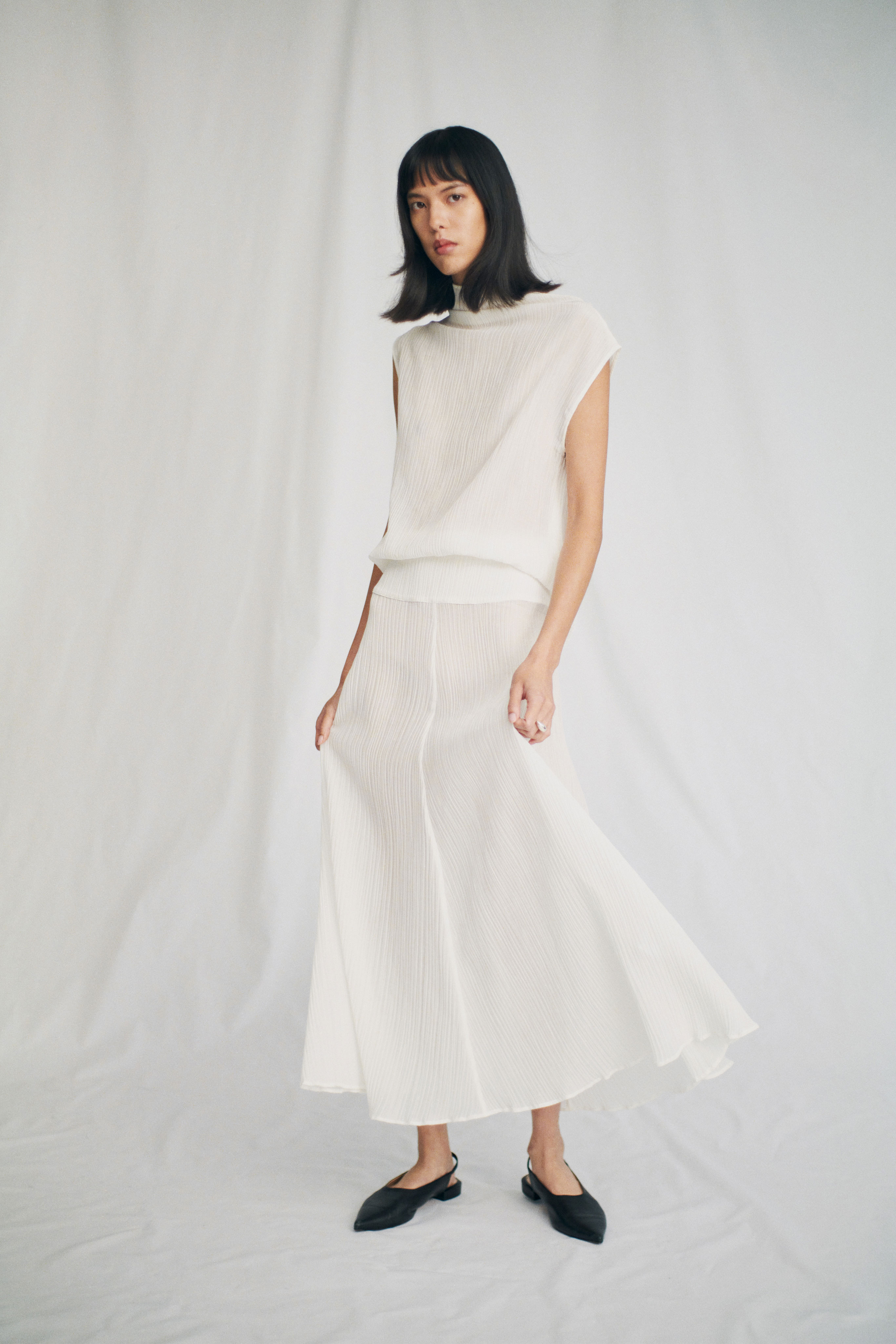
An acronym for “By Independent Thinkers for Environmental Progress,” BITE Studios was launched in Stockholm by four co-founders who dreamed of minimalistic, sustainable clothing made from certified organic fabrics. The brand offers 20 set styles—including breathable maxi dresses and organic cotton cropped trousers—that are updated seasonally. BITE Studio's limited design model champions clothing that "[transcends] generations and trends, with organic fabrics that feel luxurious and are less damaging to our earth," according to its site.
Maggie Marilyn
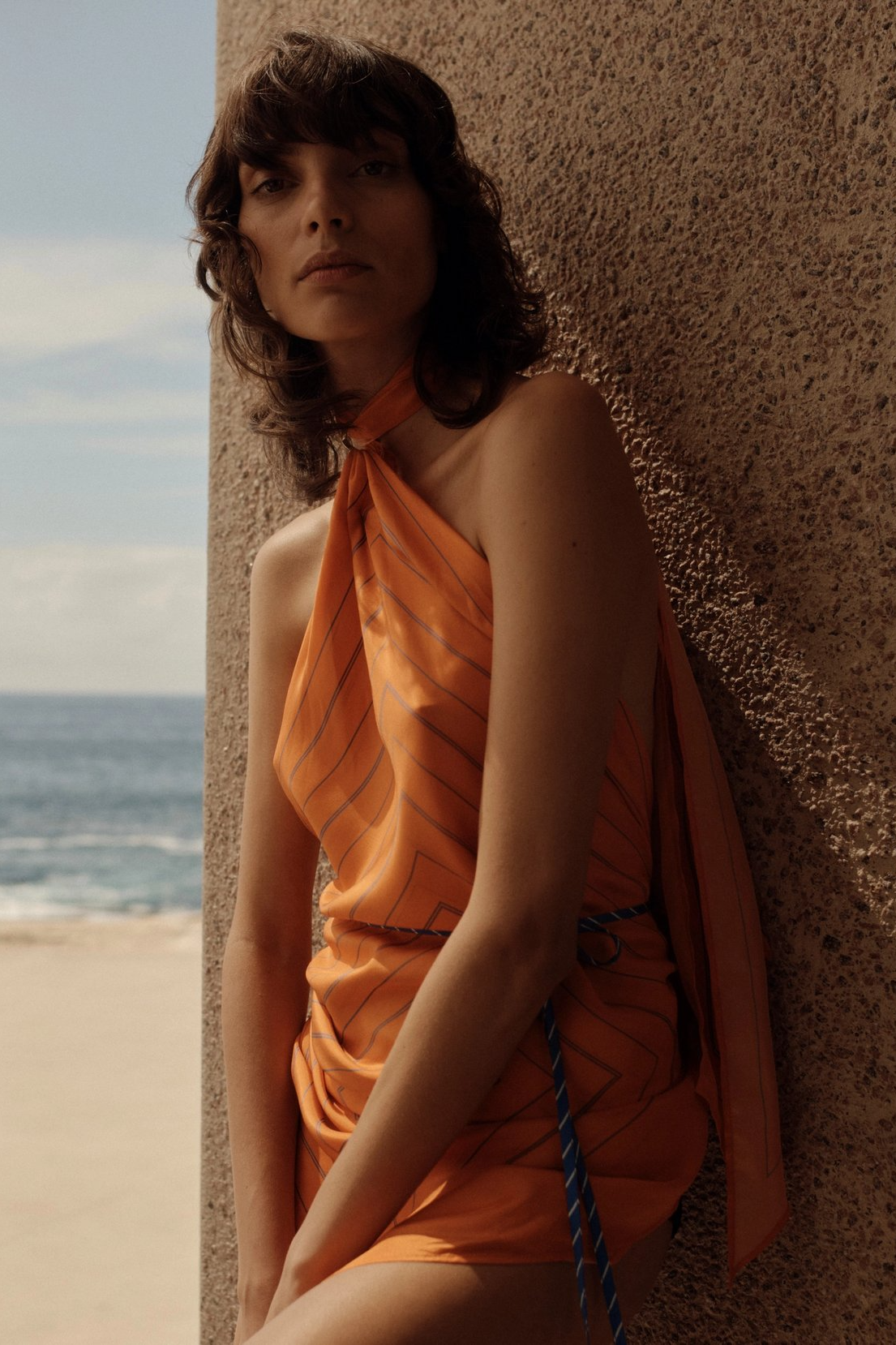
Maggie Marilyn makes pieces you can see yourself in today, tomorrow, and ten years from now.
New Zealand native Maggie Marilyn combines elegantly youthful designs with conscious practices while adhering to its three core values: people, the planet, and prosperity. The brand has a transparent value chain, tracking its manufacturers, textile sources, and suppliers, was certified Carbon Zero in 2020, and follows a direct-to-consumer model. "When you let go of the grow more, buy more, discard more cycle, and find comfort in buy as you need, repair what you can, and repurpose what you can't - that's when you'll find a home at Maggie Marilyn," notes the brand.
Lauren Manoogian
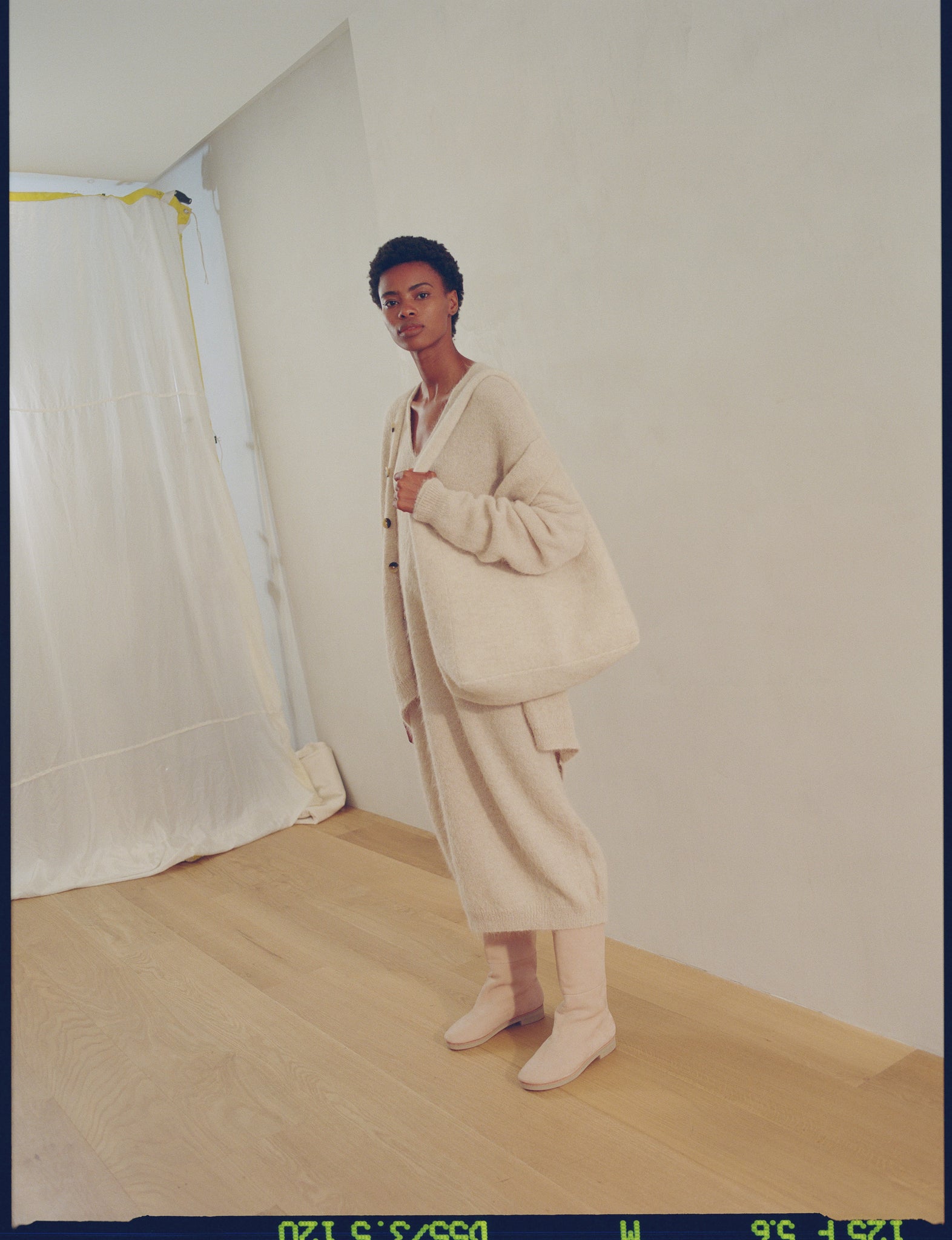
Lauren Manoogian's cloud-like Alpaca knits are a fashion industry favorite and a cozy code of the brand.
Brooklyn-based designer Lauren Manoogian offers "subtle essentialism" through minimalistic pieces that incorporate natural textural narratives. The designer utilizes naturally derived materials and ethical handmade production practices. Each piece is hand-loomed and crafted by artisans in Peru, including warm alpaca knitwear, roomy trousers, sleek trench coats, and quirky woven bucket hats.
Hope for Flowers
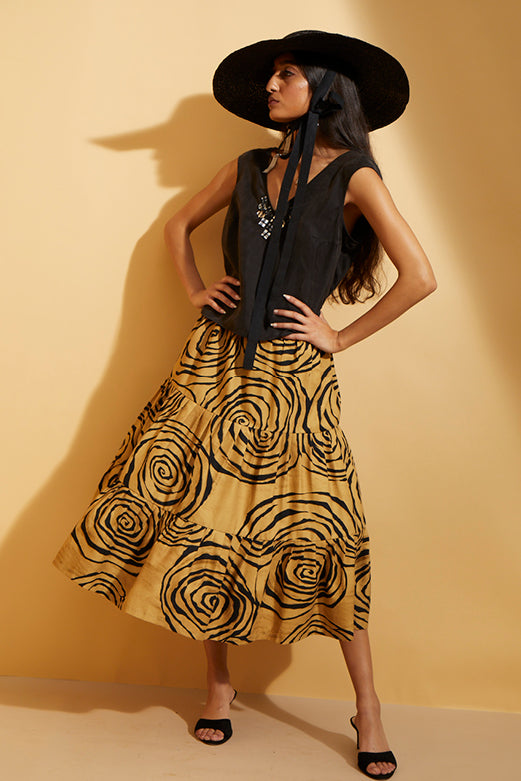
Hope for Flowers was founded on the belief that when one knows better, they do better. Designer Tracy Reese utilizes organic cotton, linens, Cupro (a cellulose-based rayon), and Tencel Lyocell (regenerated cellulosic fibers). To offset its carbon emissions, the brand donates products to the organic waste organization Detroit Dirt. Hope for Flowers provides free Art Enrichment Programs to adults and children to promote engagement in art and sustainability. Tracy Reese expresses, “It's about slowing things down, not over-producing, delivering products closer to need and not having to be present in every category of fashion.”
Stella McCartney
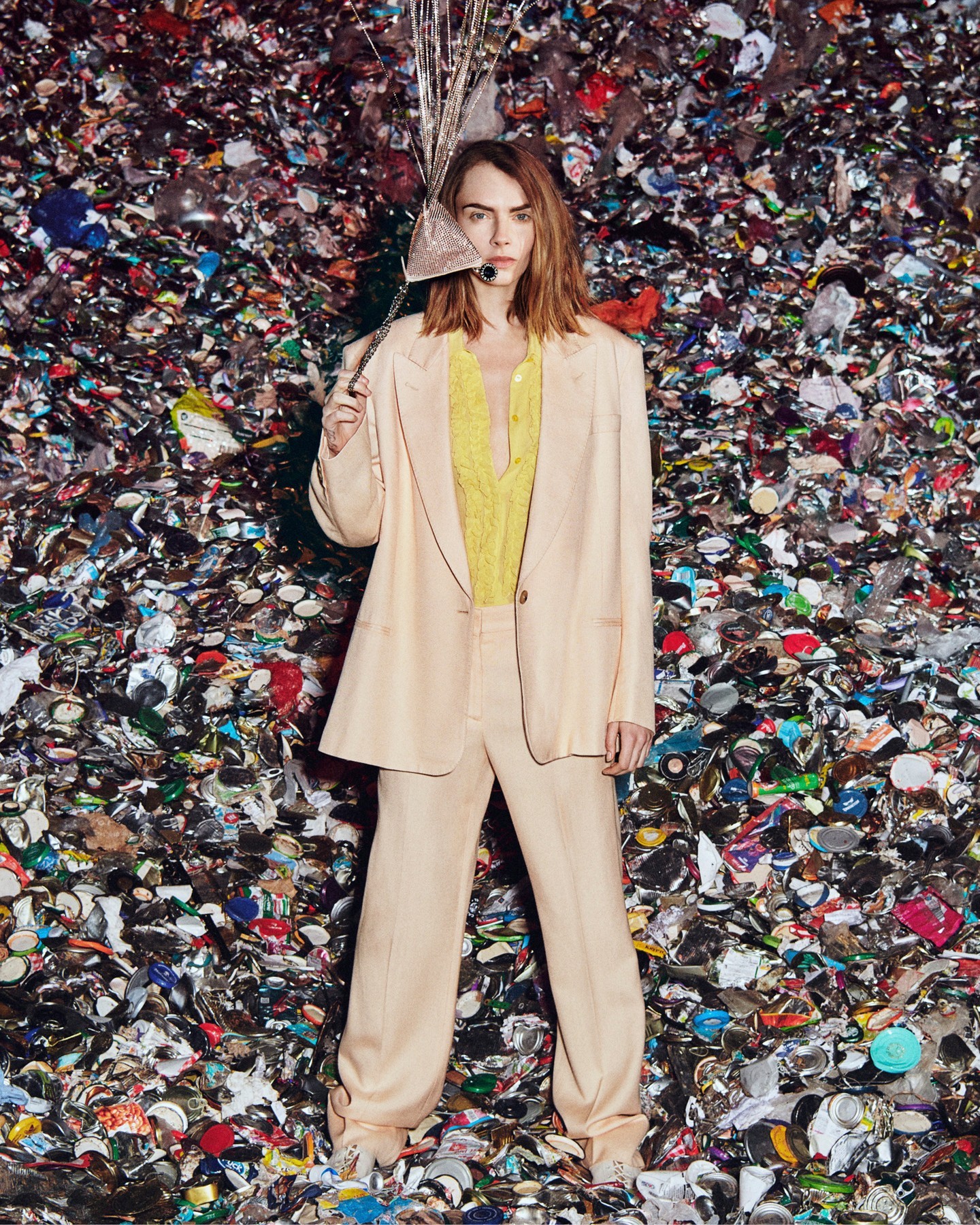
Stella McCartney is known for her pioneering use of plant-based textile, like grape-waste leather and mushroom-made materials.
"Twenty years ago, strictly using cruelty-free alternative materials made me something of an 'eco-weirdo,'" McCarney previously told Marie Claire . Since 2001, British designer Stella McCartney has committed her fashion collections to responsible practices, adapting her "progressive luxury brand" to the ever-changing landscape of sustainable fashion. In 2008, McCartney began using organic cotton; in 2012, the company joined the Ethical Trading Initiative; in 2016, it created a 100-percent sustainable viscose; and in 2024, it employs innovative textiles like regenerative wools and plant-based, plastic-free animal fur and feather alternatives.
Lemlem
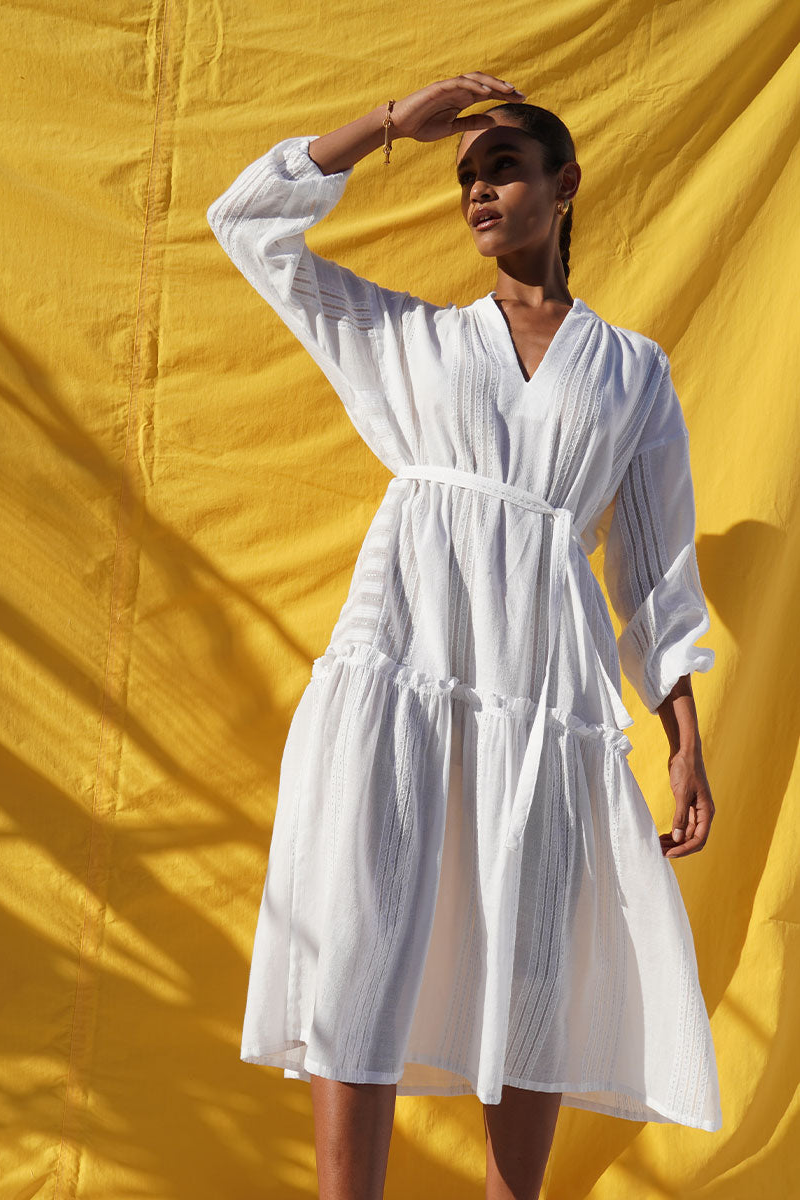
When in need of new items for a seaside vacation, Lemlem is where you'll want to look.
All Lemlem pieces are ethically made in Africa, including artisanal workshops in Ethiopia and small factories in Kenya and Morocco. Each item is handcrafted to preserve traditional African weaving while creating job opportunities for local artisans. The brand sources its cotton locally in Africa, with 50 percent being organic. Any excess fabric is repurposed into accessories or donated to sewing schools.
Carolina K
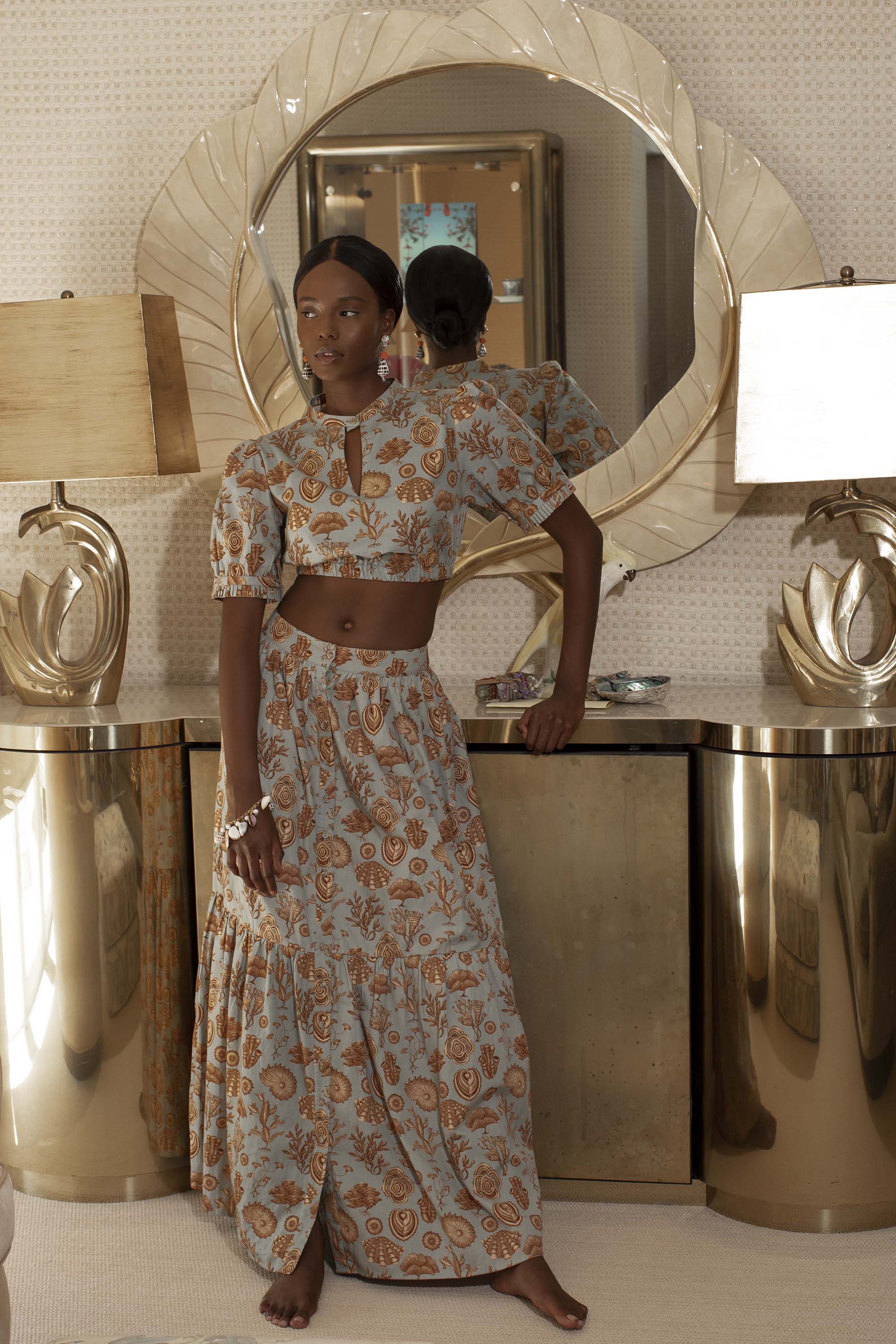
Since 2005, founder Carolina Kleinman has been an industry-recognized poster child for intentional, thoughtful craft and textile use.
Carolina Kleinman's brand, Carolina K, supports around 300 artisans in remote regions of Latin America. By employing them, the brand helps preserve ancestral techniques that have been passed down for generations. Each collection emphasizes natural and recycled fibers, including organic cotton, Cupro, FSC-certified viscose, linen, recycled polyester, and Econyl. The brand's handmade styles are crafted by female artisans in rural Mexico and Peru, taking between 10 and 50 days to complete.
Cordera
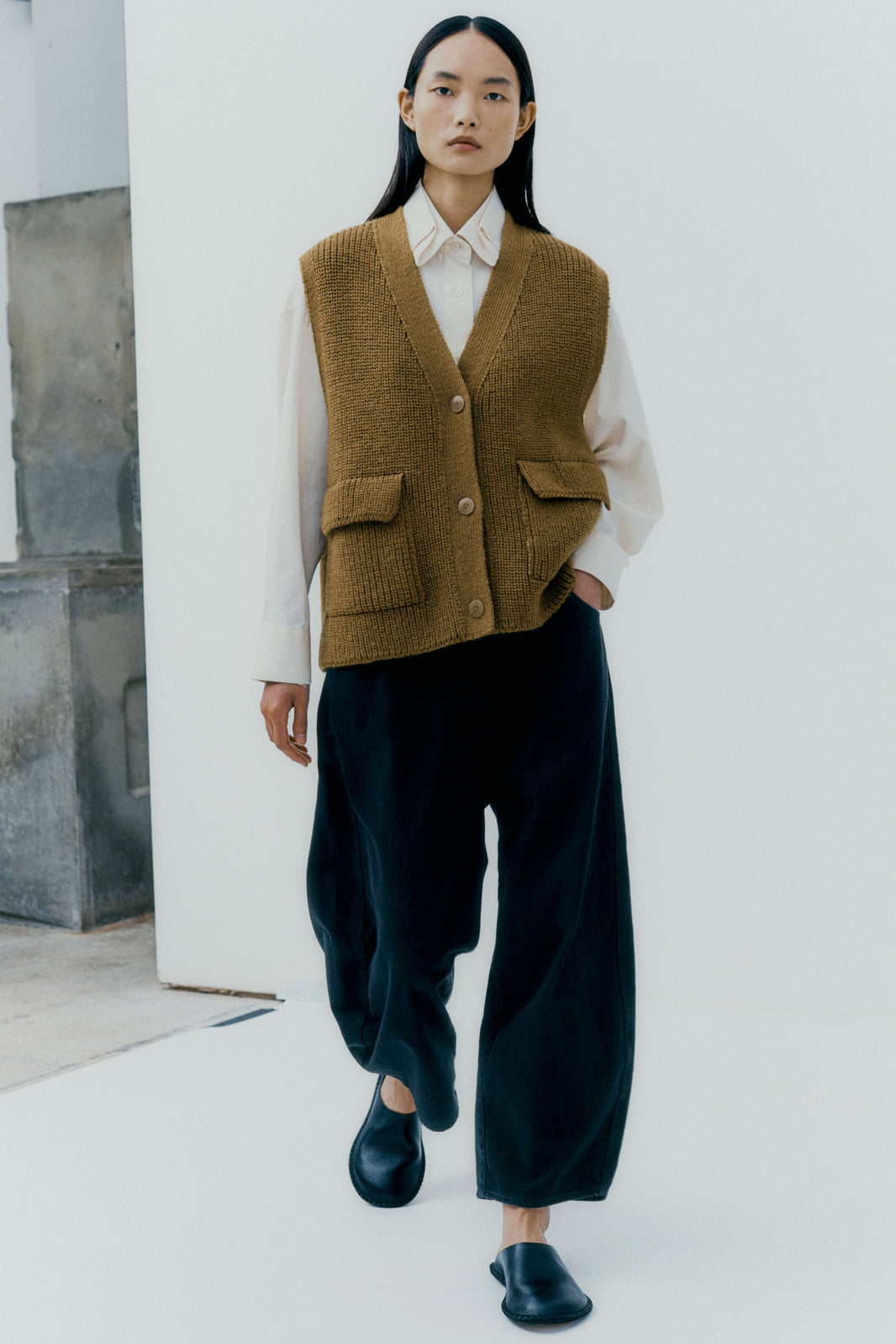
Don't go to a fast fashion retailer the next time you need a new pair of trousers—turn to Cordera instead. Its bottoms offer longevity and a clean conscience.
Founded in 2008, Cordera offers timeless, minimalist designs that are ethically crafted in Galicia, Spain. The garments are made from natural and recycled synthetic fibers as well as upcycled yarns, with all knitwear produced on Japanese knitting machines and hand-finished by skilled artisans. Moreover, Cordera does not adhere to traditional fashion seasons, encouraging customers to wear its pieces year-round and keep them for future seasons.
Chloé
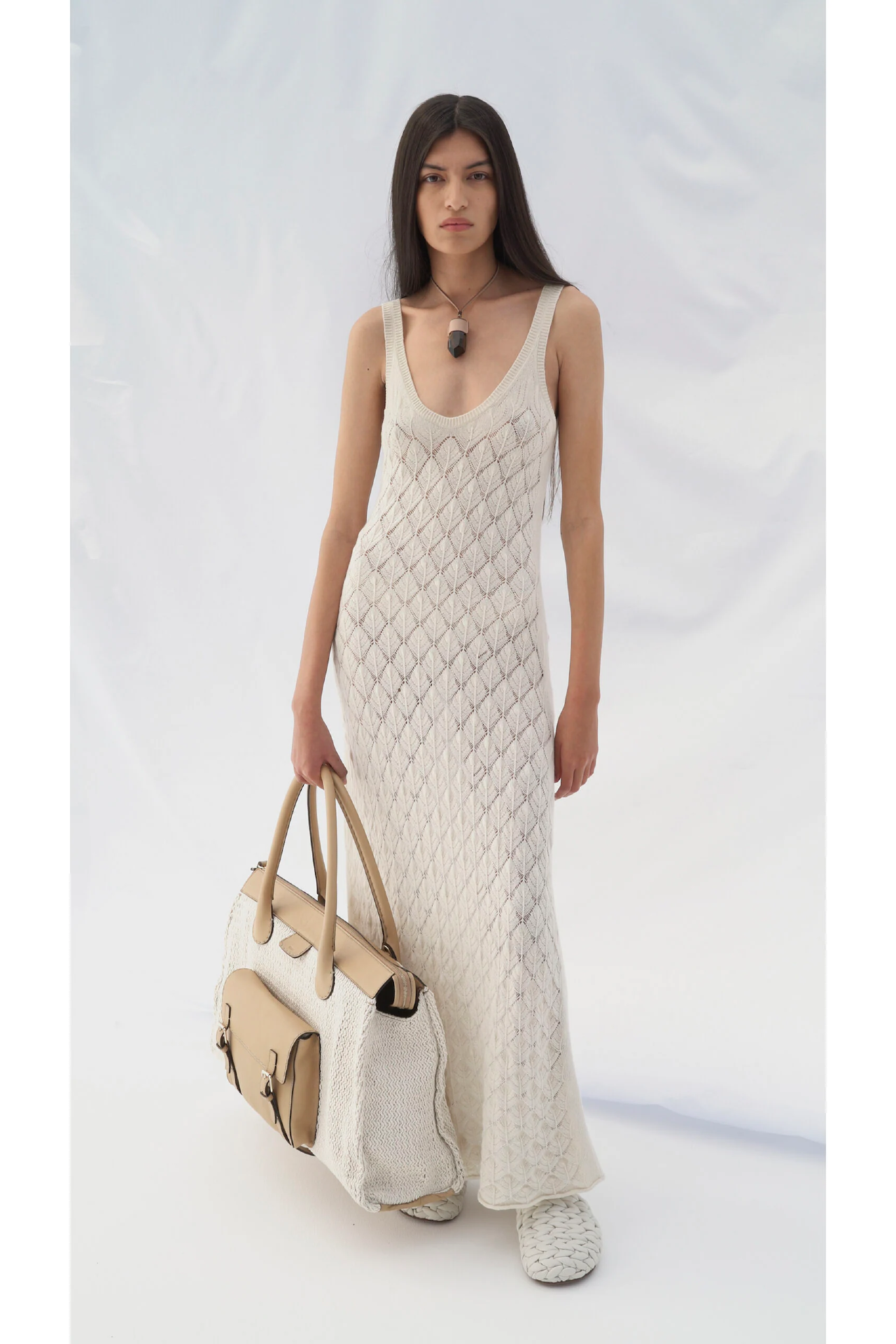
A brand that hardly needs any introduction, Chloé is one of the few designer labels with ambitions to make the luxury space more earth-friendly.
Certified B Corporation Chloé is dedicated to transforming its operations to be more socially and environmentally sustainable, while enhancing transparency and accountability. Looking ahead, the brand's goals for 2025 include utilizing 90 percent lower-impact materials in its ready-to-wear collections, reducing carbon emissions by 25 percent for each individual product, and increasing its fair-trade sourcing by 30 percent.
Apiece Apart
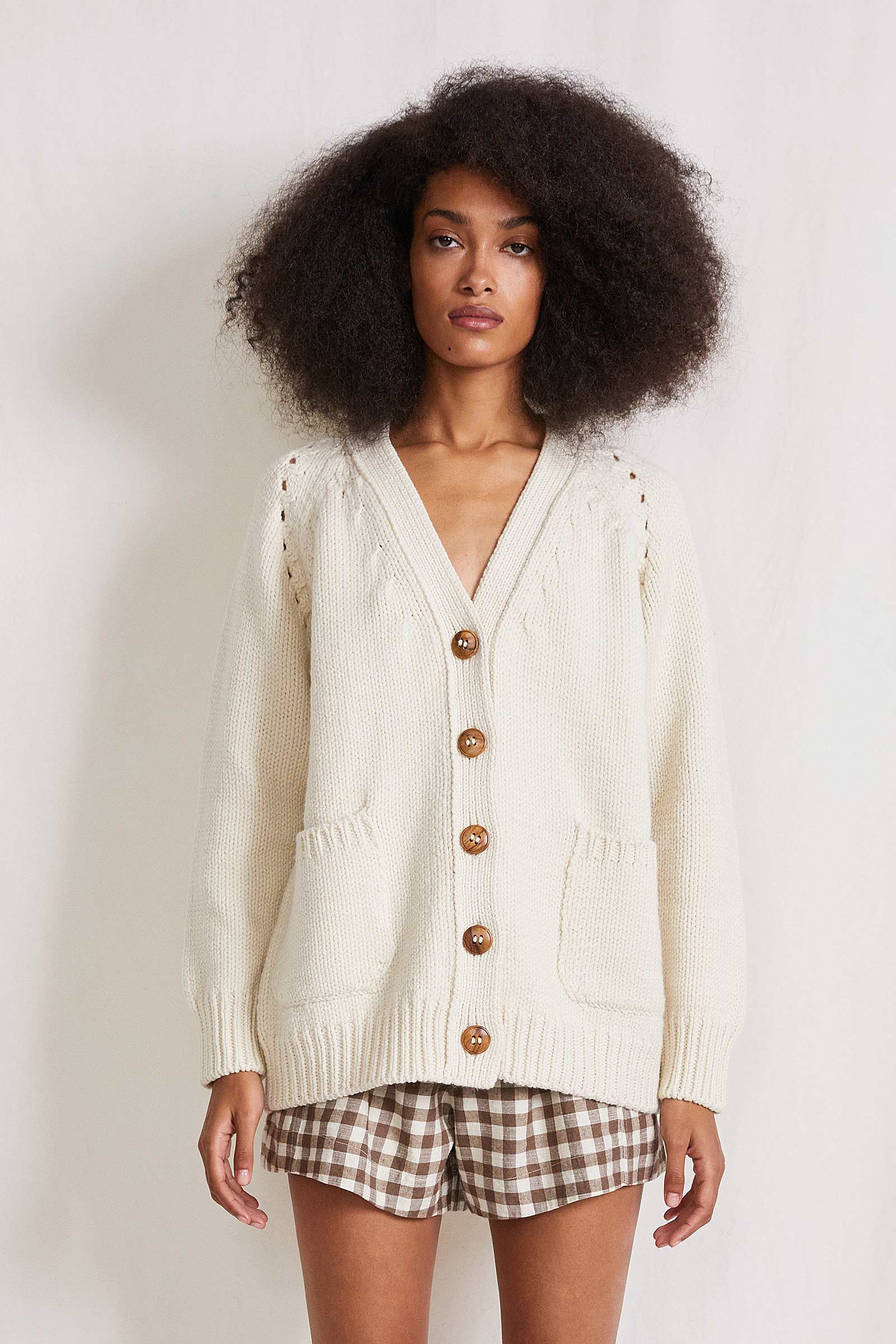
Apiece Apart creates pieces that adapt to the versatility of life–97 percent of its materials are eco-friendly, natural, or certified. The brand also considers the distance to its factories in India, China, Peru, Turkey, and the US to reduce carbon emissions. Through its charitable arm, the Apiece Apart Future Forward Fund, the label donates one percent of e-commerce sales to organizations striving to make the world safer.
Kotn
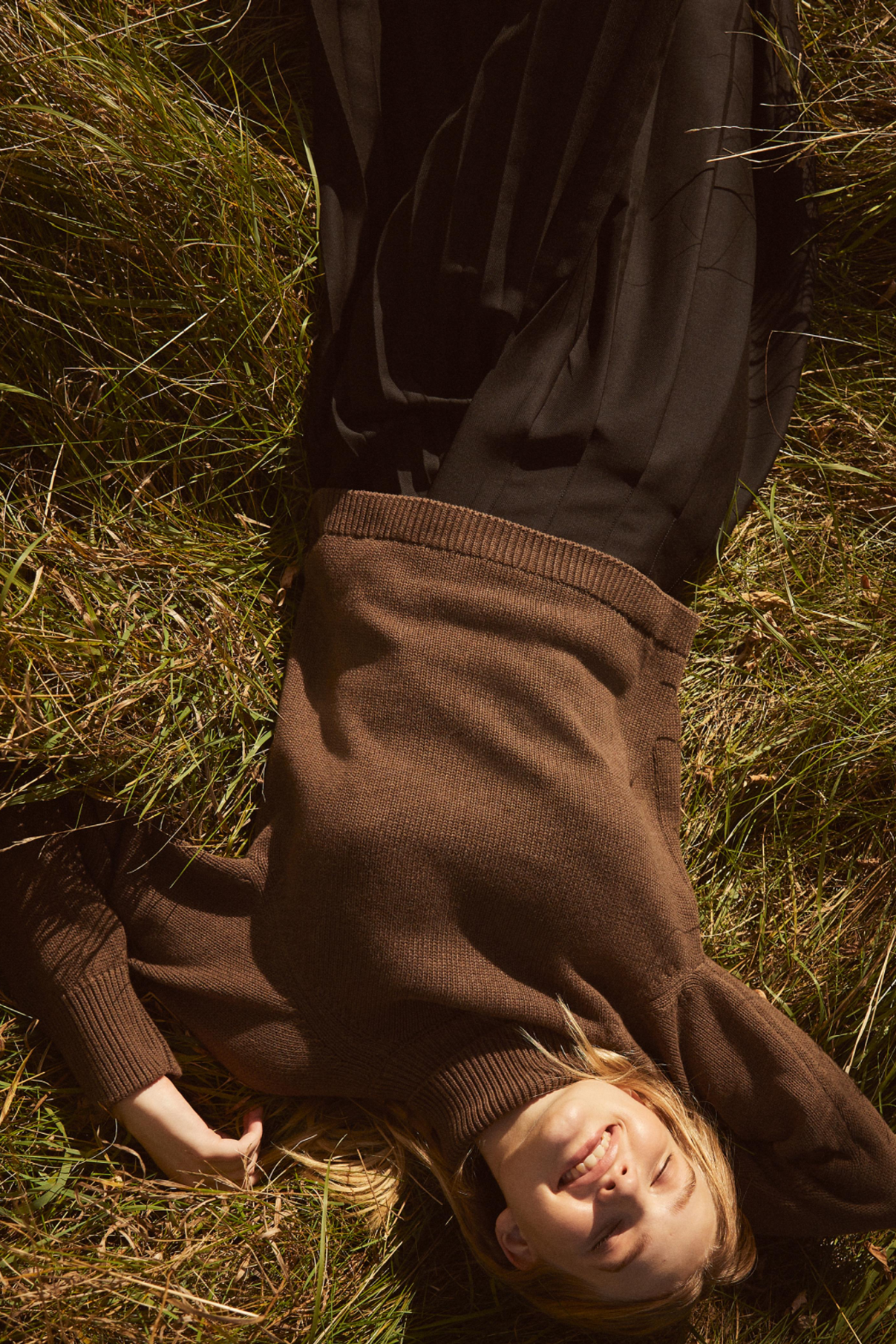
From white tees to your new favorite slouchy sweatpants, Kotn gives "feel-good fashion" a new meaning.
Certified B Corporation KOTN boasts the fourth-highest B Impact score among all apparel brands in North America. The brand emphasizes biodegradable and natural fabrics, using only OEKO-TEX non-toxic certified dyes for coloring its garments. KOTN collaborates directly with farming communities in Egypt and partners with a local NGO to reinvest its proceeds into the education system. To date, KOTN has helped build seven schools and fund ten others.
Esse The Label
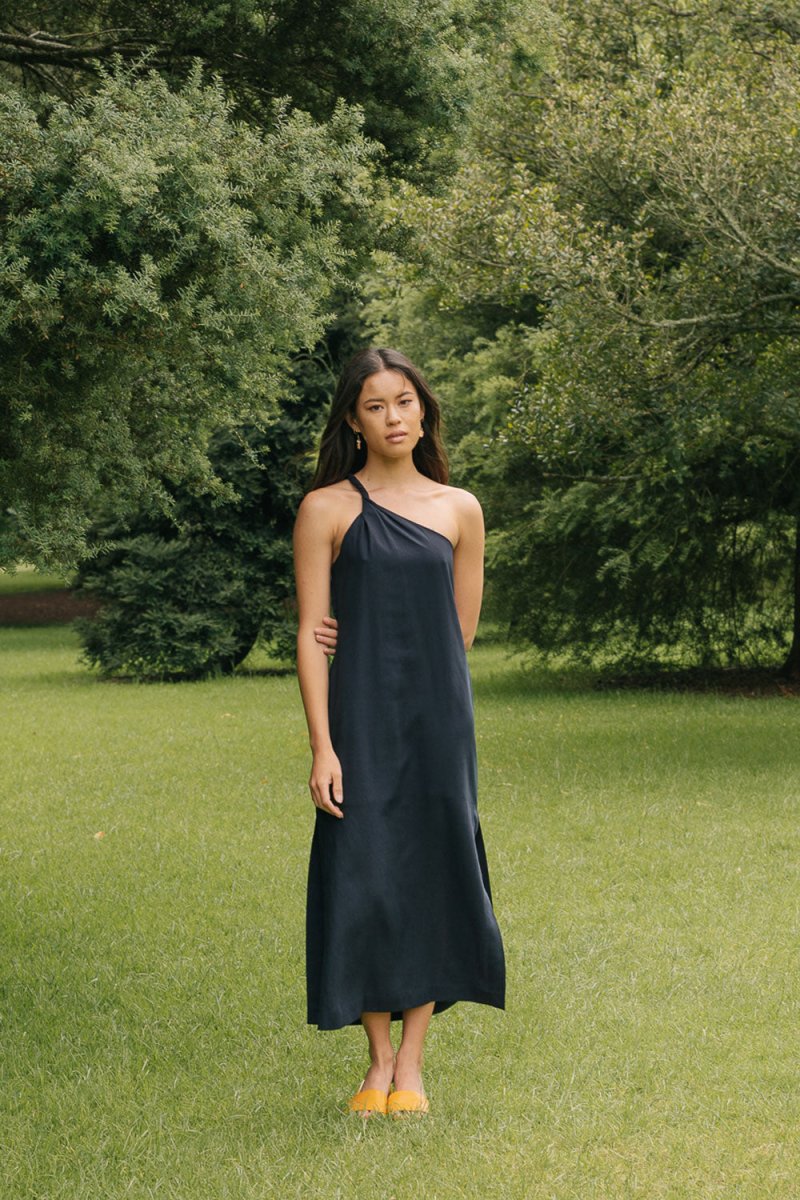
Beyond its ready-to-wear, Esse The Label also upholds a long-term partnership with conservation organization Trees That Count, which plants native trees across New Zealand.
Esse The Label aims to inspire consumers to consider the purpose and life cycle of garments. The brand releases seasonless styles in small capsule collections that include only those made from organic, renewable, and biodegradable fibers, such as GOTS-certified organic cotton, Tencel Lyocell, and OEKO-TEX-certified linen. When selecting a fabric, the brand takes into account water use, land use, eco-toxicity, human toxicity, and greenhouse gas emissions. All garments are produced ethically across three workshops in Vietnam and Indonesia, with each workshop housing no more than five employees.
Citizen
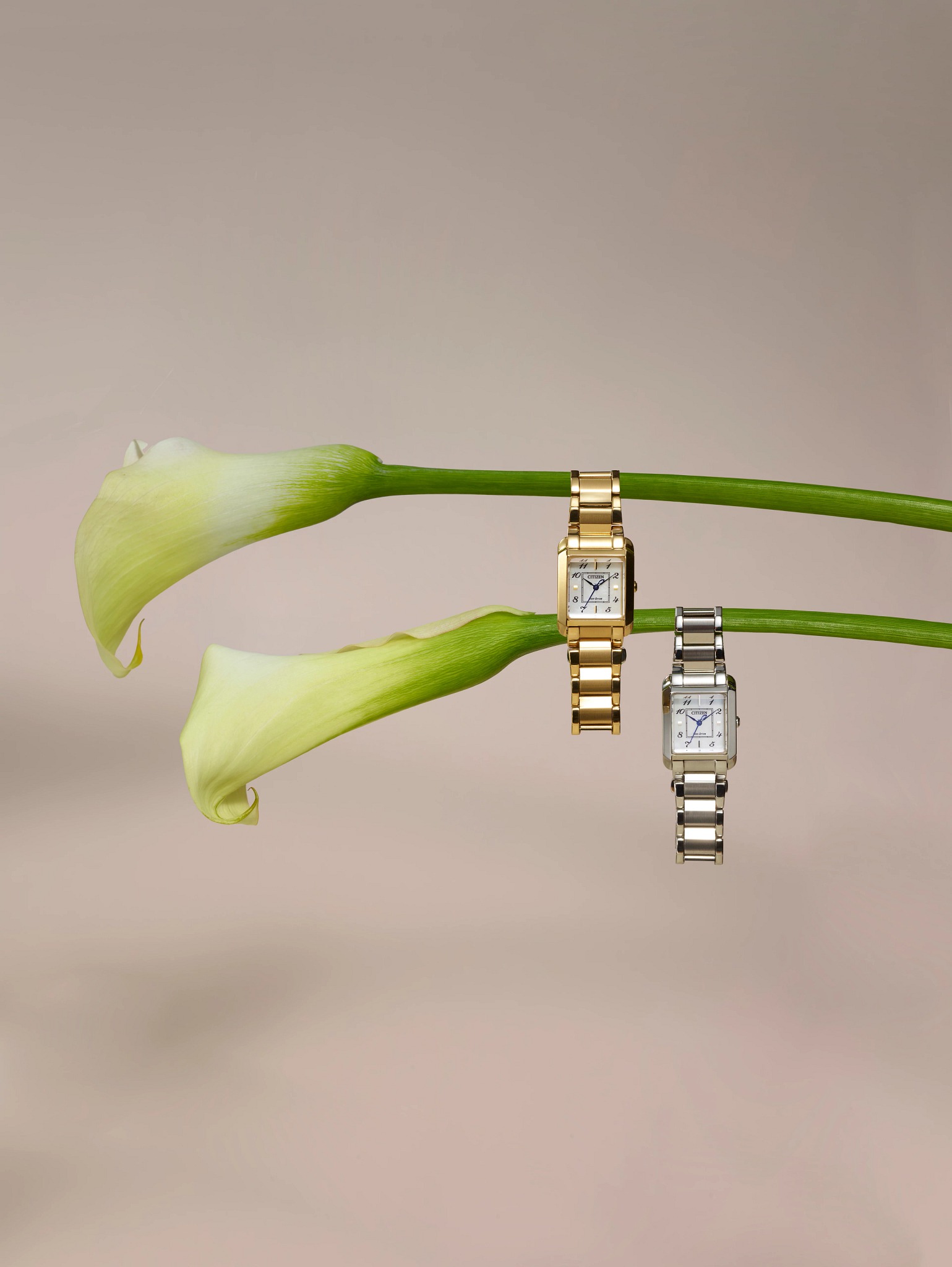
Citizen's Bianca watch is powered by light through its proprietary Eco-Drive technology, meaning it never needs a battery and will stay ticking forever.
Citizen is a standout brand in the ever-evolving world of sustainable fashion and accessories. Their Eco-Drive was introduced in 1976 (nearly 50 years ago!) and leads in light-powered, sustainable technology for watch movements—it is powered by any light source and never needs a battery. Citizen has also partnered with the conservation organization 1 Percent for the Planet, pledging to donate one percent of its U.S. website sales to nonprofit organizations that support the environment.
One/Of
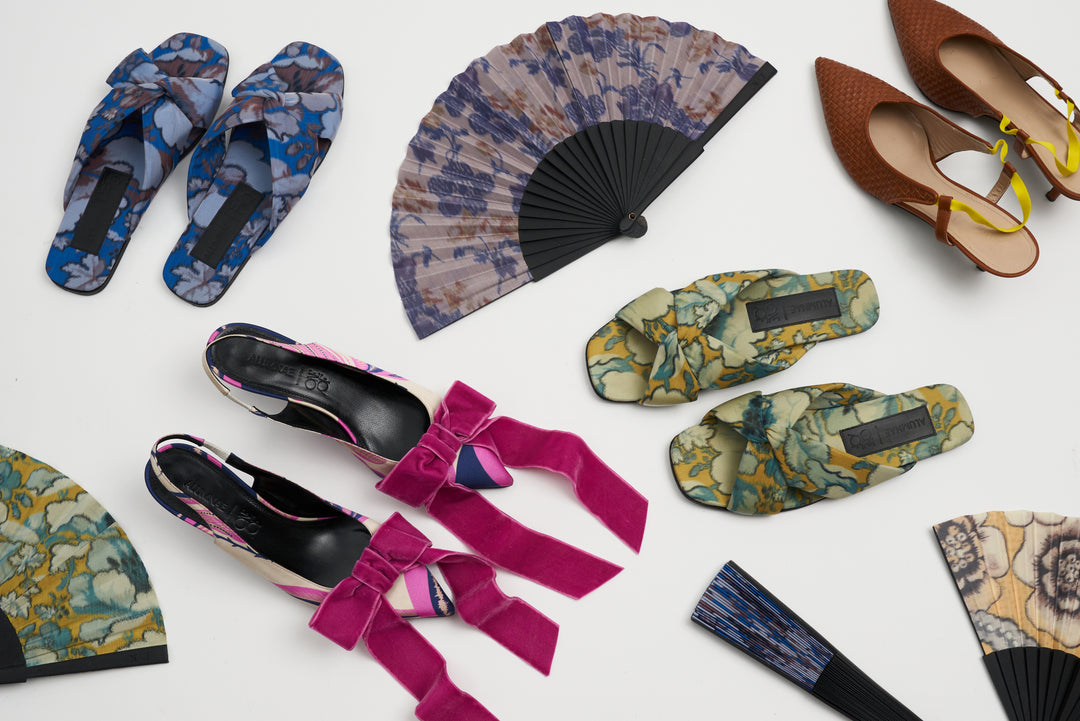
One/Of re-purposes rare fabrics from celebrated French archives to historic heritage Italian mills.
"My true obsession these days is One Of, which is one of the more special brands," says Allweiss. The New York-based label uses the highest-quality deadstock and excess fabrics from heritage brands and mills to create bespoke, limited-edition collections. While they are known for stunning dresses and suits, I've been living in the Ludisia sweater all winter long. It fits perfectly, and the quality difference is so clear," she notes.
Meet the Fashion Experts
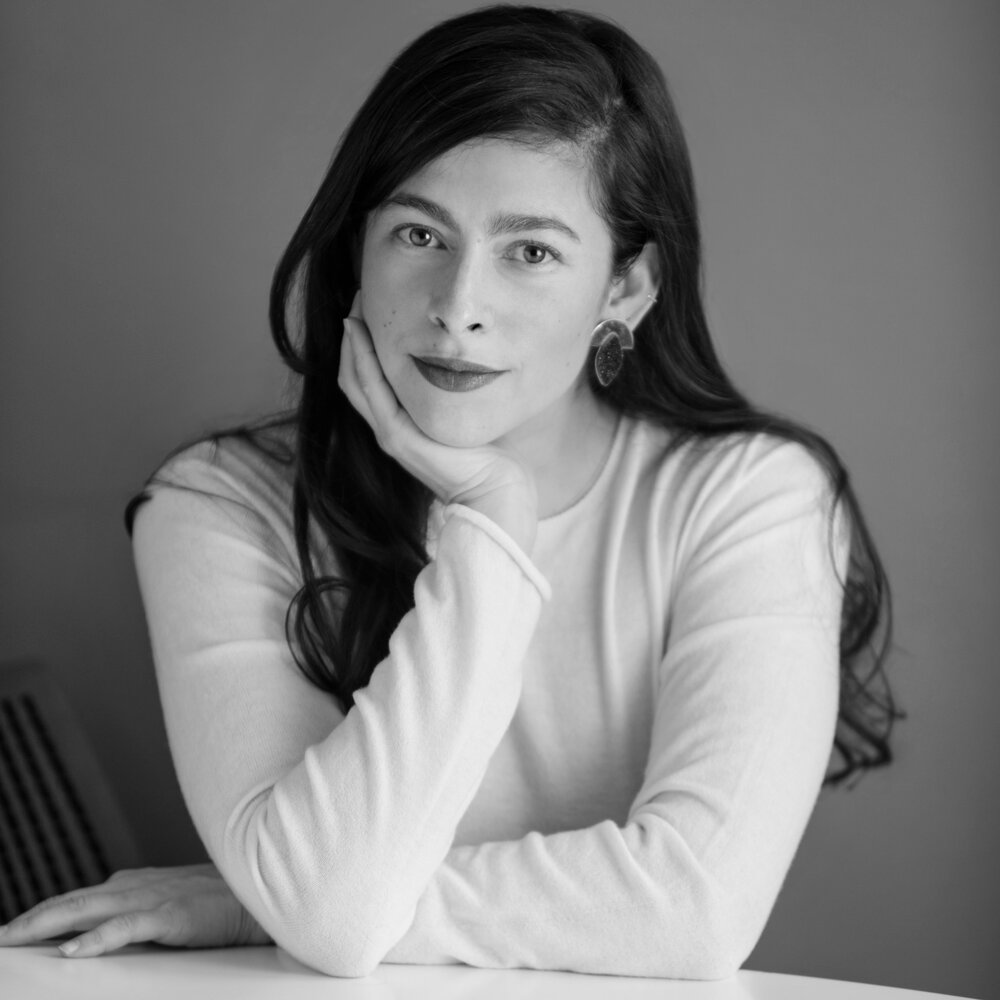
Erin has overseen media relations for some of the most recognized organizations, artists, brands and individuals. With a diverse background in art, sustainable design and public policy, her professional work is an extension of her personal interests.

Alyssa Hardy is an author and sustainable fashion journalist living in New York City. She was formerly the Fashion News Editor at Teen Vogue and the Senior News Editor at InStyle. Her debut non-fiction book “Worn Out: How Our Clothes Cover Up Fashion’s Sins,” details the stories of workers throughout the fashion industry.
Alyssa advocates for garment worker rights and has a deep passion for educating others about fashion’s environmental impact—ideas that are explored throughout her weekly newsletter, ‘This Stuff.’
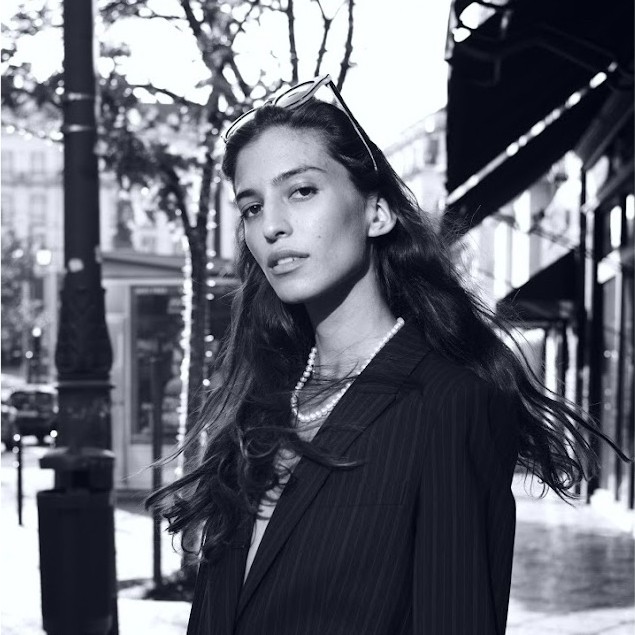
Marina Testino is the director of strategic partnerships at Earth Partner, sustainability editor at Beyond Noise, and founder of Point Off View: a mission-driven micro agency focused on digital communication and sustainable transformation.
Stay In The Know
Get exclusive access to fashion and beauty trends, hot-off-the-press celebrity news, and more.

Emma is the fashion features editor at Marie Claire, where she explores the intersection of style and human interest storytelling. She covers viral styling hacks and zeitgeist-y trends—like TikTok's "Olsen Tuck" and Substack's "Shirt Sandwiches"—and has written hundreds of runway-researched trend reports about the ready-to-wear silhouettes, shoes, bags, colors, and coats to shop for each season. Above all, Emma enjoys connecting with real people to yap about fashion, from picking an indie designer's brain to speaking with athlete stylists, entertainers, artists, politicians, chefs, and C-suite executives about finding a personal style as you age or reconnecting with your clothes postpartum.
Emma previously wrote for The Zoe Report, Editorialist, Elite Daily, Bustle, and Mission Magazine. She studied Fashion Studies and New Media at Fordham University Lincoln Center and launched her own magazine, Childs Play Magazine, in 2015 as a creative pastime. When Emma isn't waxing poetic about niche fashion discourse on the internet, you'll find her stalking eBay for designer vintage, reading literary fiction on her Kindle, doing hot yoga, and "psspsspssp-ing" at bodega cats.
-
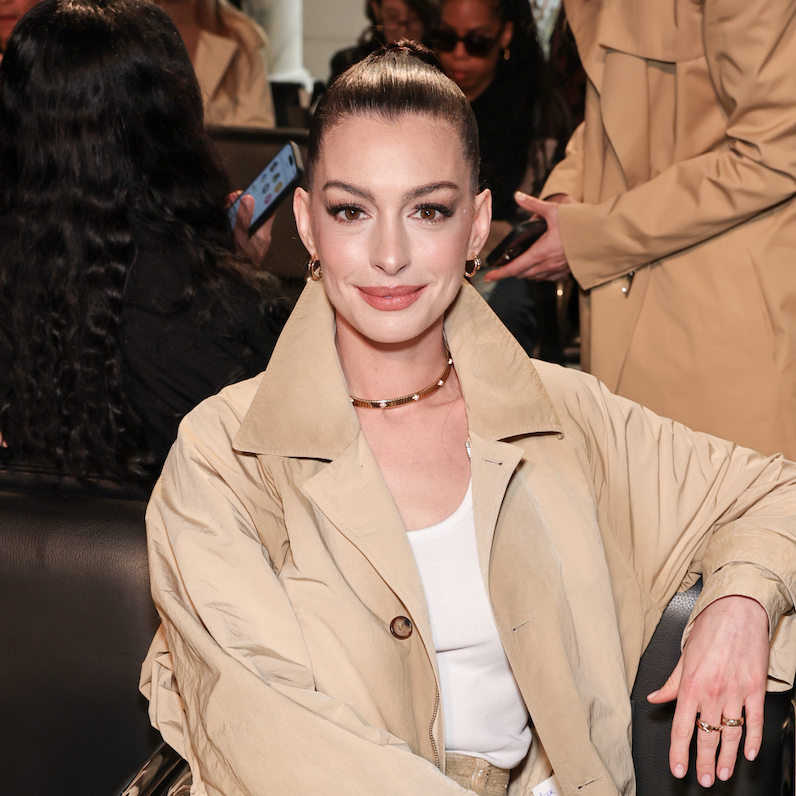 Anne Hathaway Doubles Down on Luxury's Favorite Neutral
Anne Hathaway Doubles Down on Luxury's Favorite NeutralShe painted herself in the timeless hue.
By Kelsey Stiegman
-
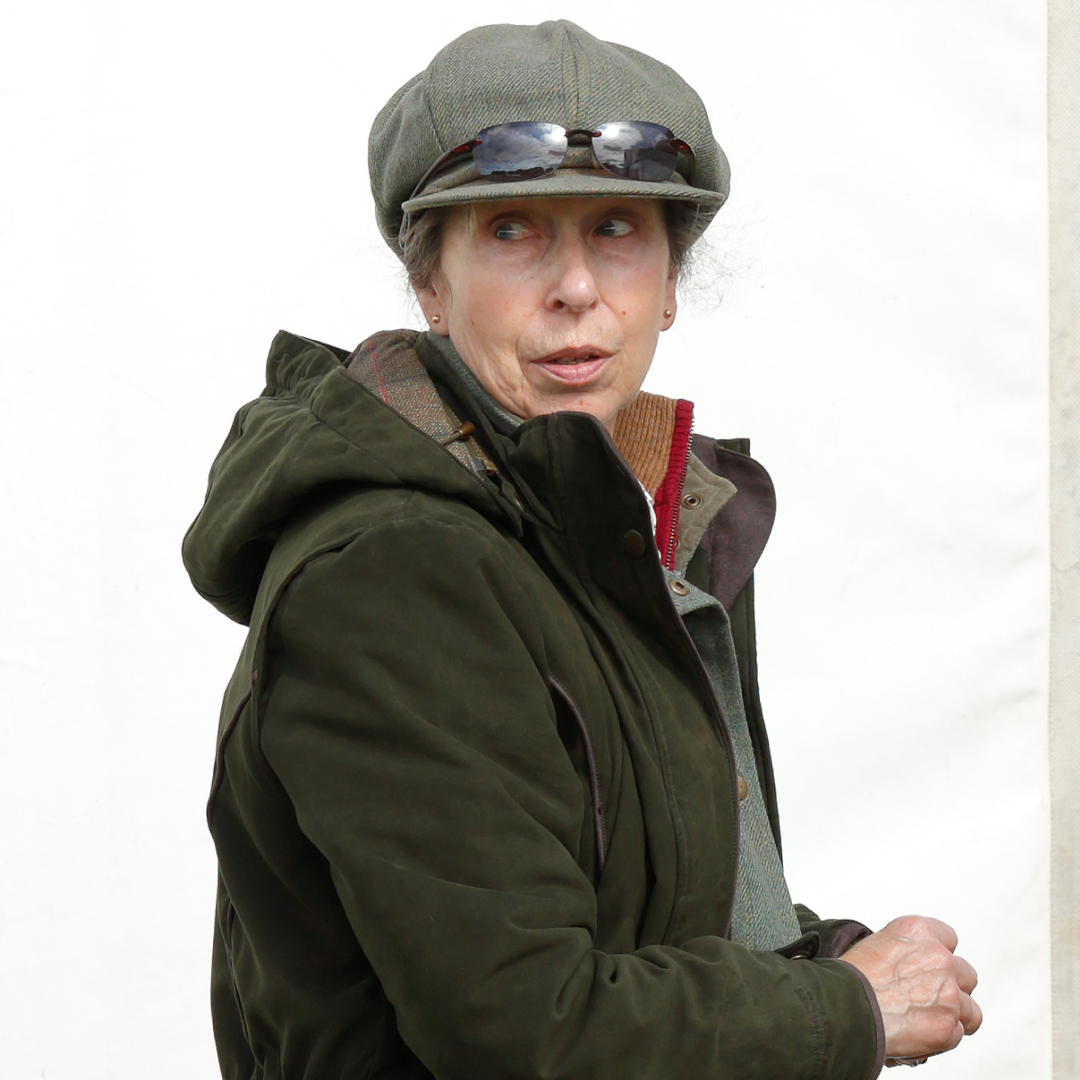 Princess Kate Is Channeling Princess Anne's Signature Style in an Unexpected Way
Princess Kate Is Channeling Princess Anne's Signature Style in an Unexpected WayThe Princess of Wales is following in the no-nonsense Princess Royal's footsteps.
By Kristin Contino
-
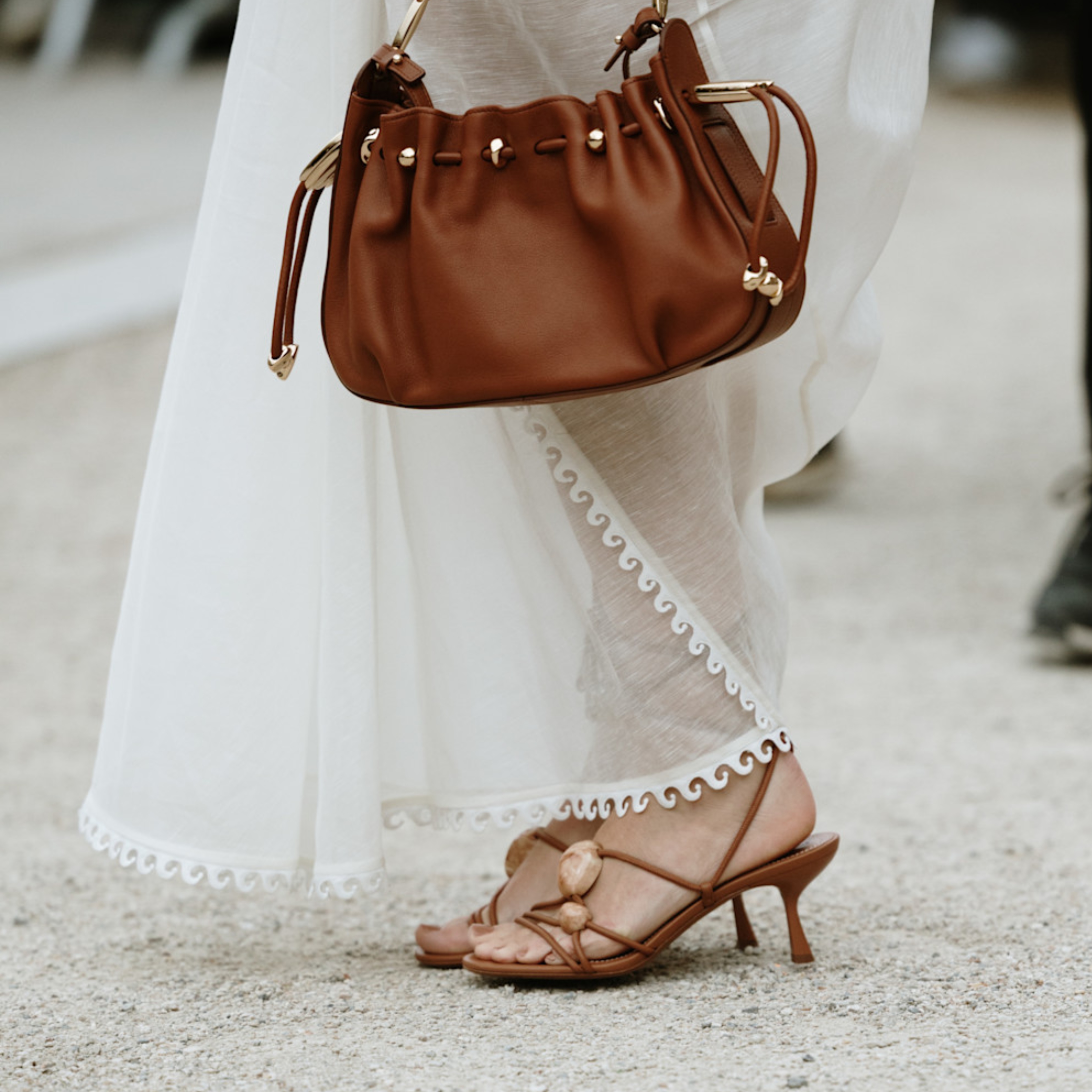 These Under-$200 Sandals Are Bound to Sell Out
These Under-$200 Sandals Are Bound to Sell OutIt's time to stock up.
By Lauren Tappan
-
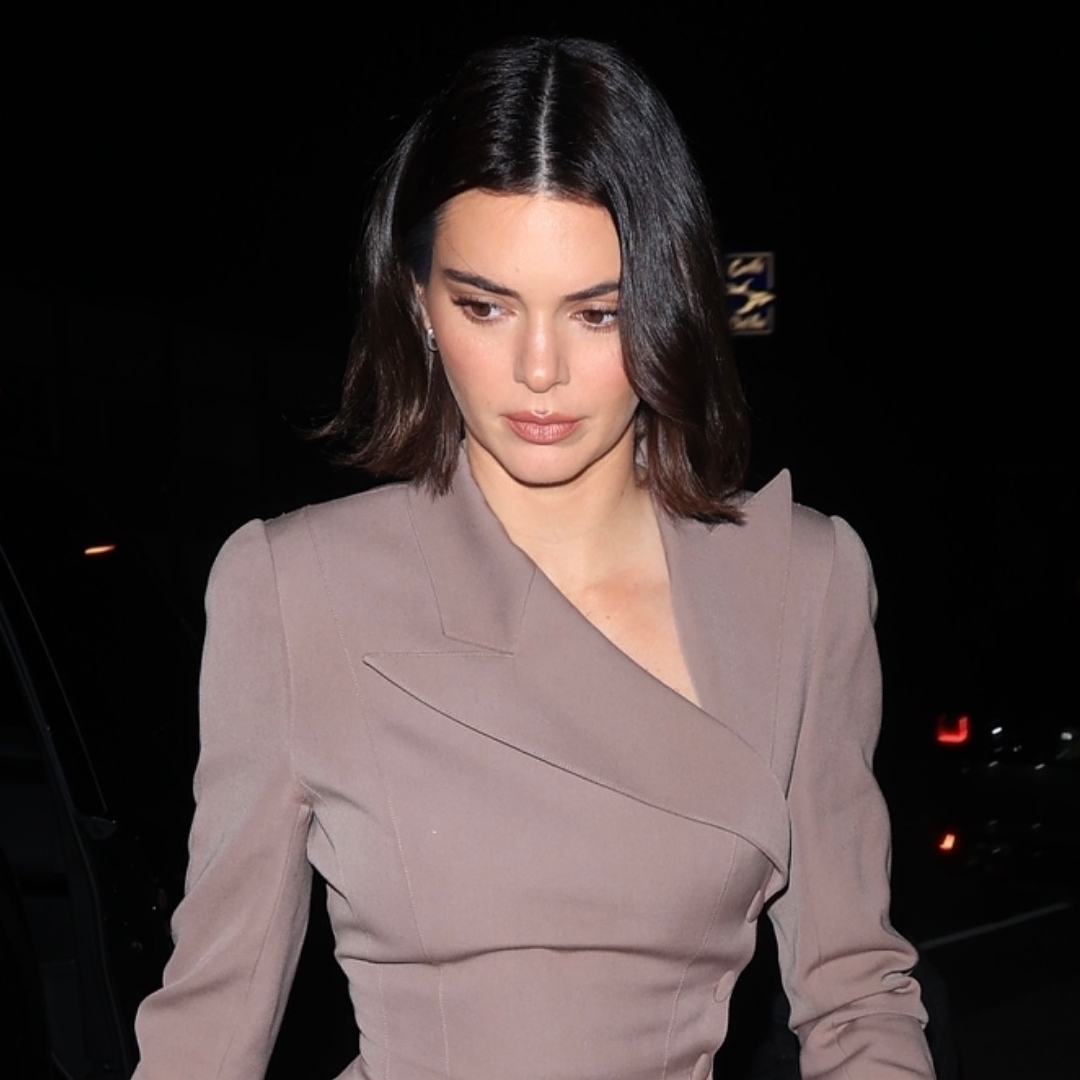 The Major Sage Green Color Trend Just Clinched Kendall Jenner's Coachella Endorsement
The Major Sage Green Color Trend Just Clinched Kendall Jenner's Coachella EndorsementThis spring shade is officially It-girl approved.
By Lauren Tappan
-
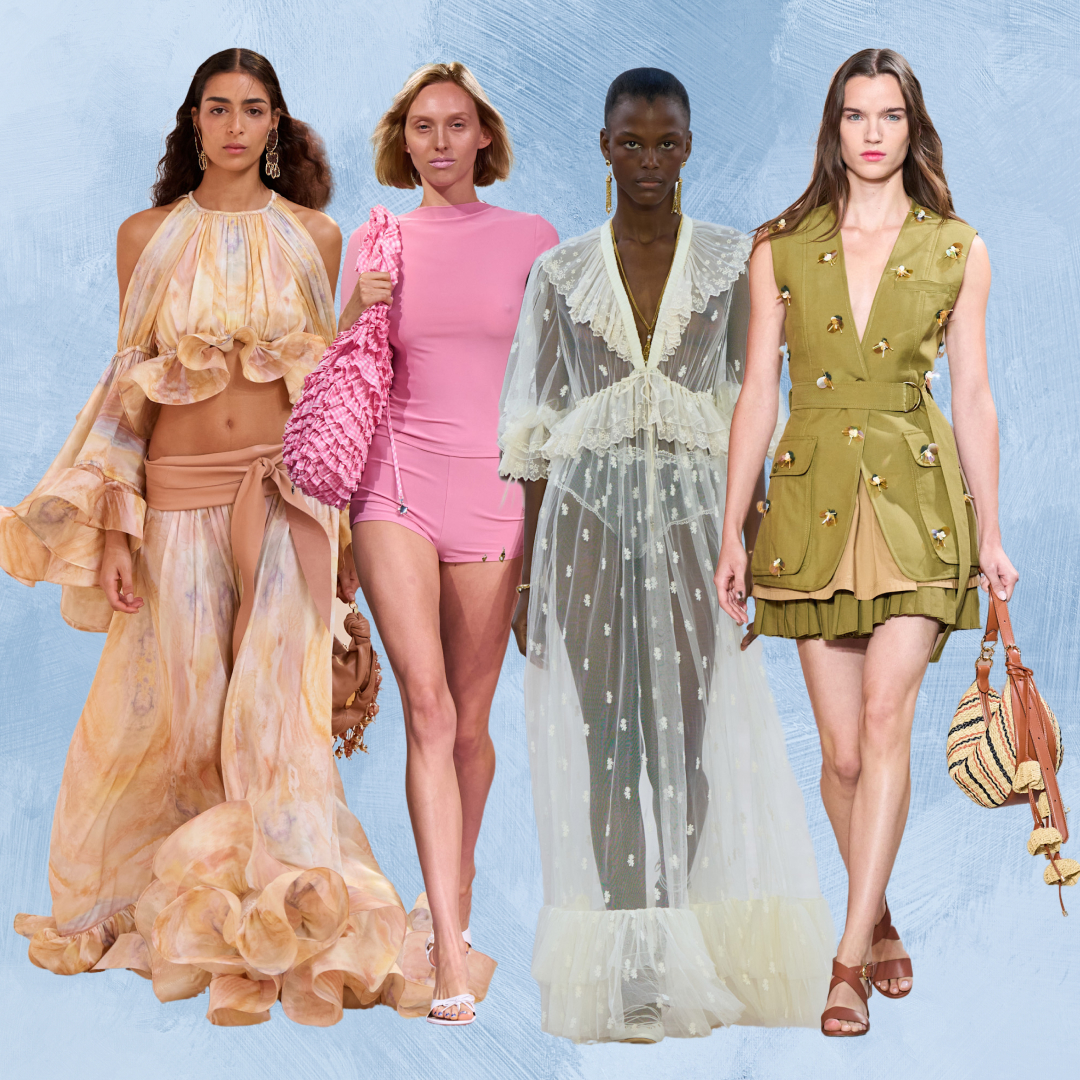 I Asked Nordstrom’s Associate Fashion Director About 5 Can’t‑Miss Spring and Summer 2025 Trends—Here’s What She Told Me
I Asked Nordstrom’s Associate Fashion Director About 5 Can’t‑Miss Spring and Summer 2025 Trends—Here’s What She Told MeFrom groovy boho styles to polished gardener-inspired outfits.
By Lauren Tappan
-
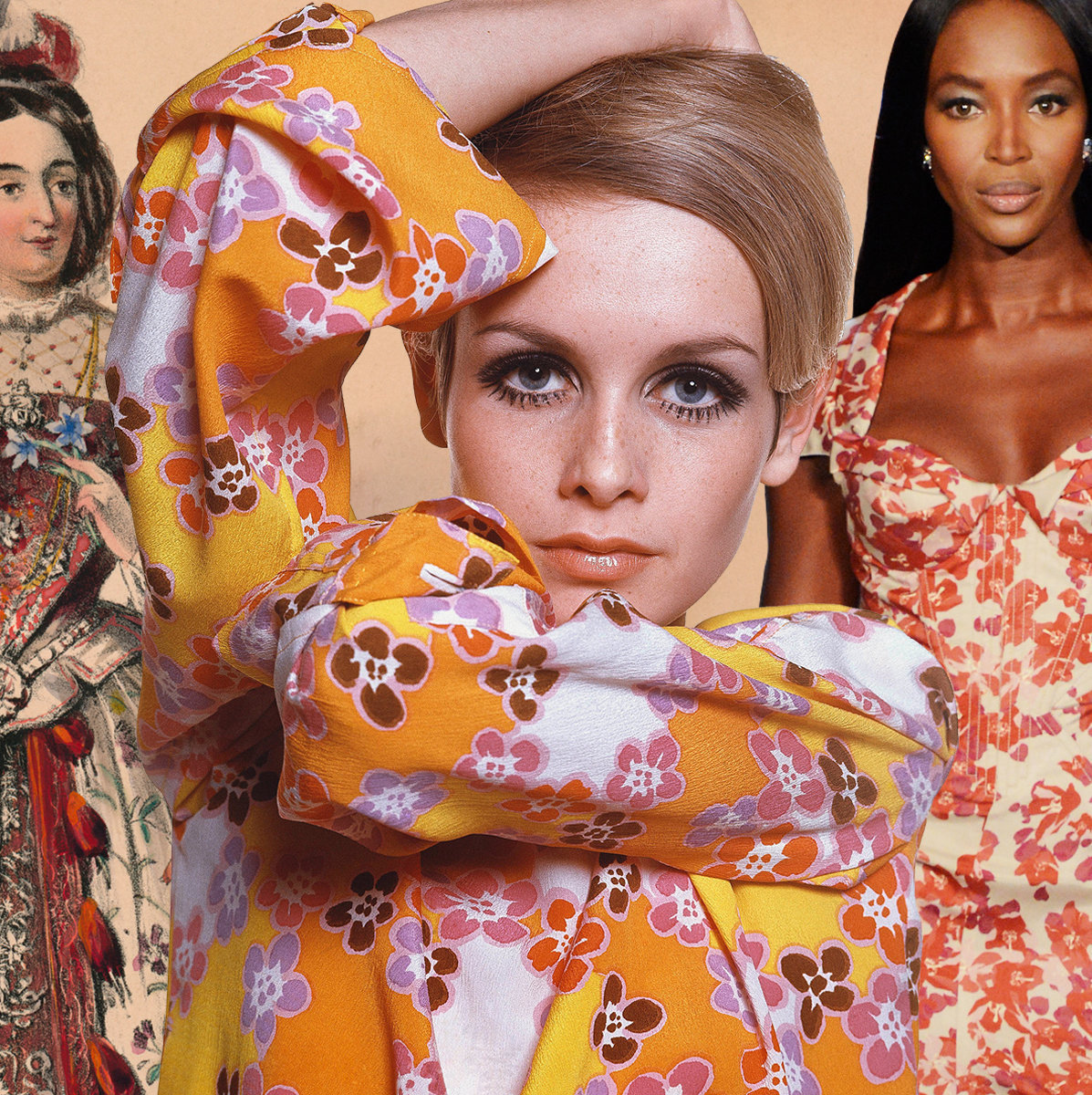 Spring 2025’s Floral Prints Keep the Love Affair With Fashion Alive
Spring 2025’s Floral Prints Keep the Love Affair With Fashion AliveFrom Dior’s iconic rosettes to Laura Ashley’s vintage blooms.
By Emma Childs
-
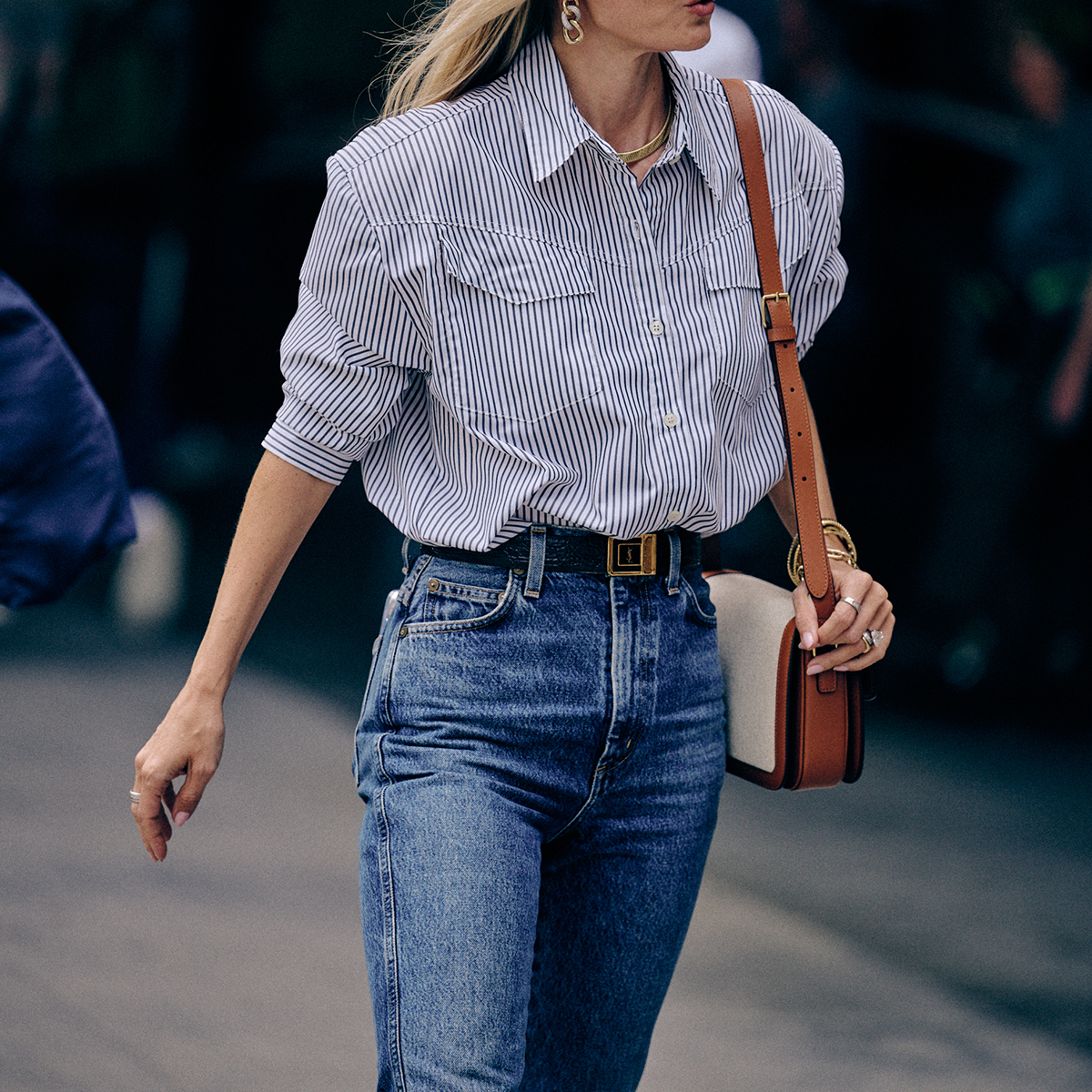 Trump's Tariff Chaos Forces Women-Led Brands to Strategize and Adapt—Fast
Trump's Tariff Chaos Forces Women-Led Brands to Strategize and Adapt—FastIndependent designers have the most to lose, and shoppers will feel the impact.
By Halie LeSavage
-
 Florence Pugh Is the Lingerie Dressing Trend's Poster Girl in a See-Through Stella McCartney Mini Dress
Florence Pugh Is the Lingerie Dressing Trend's Poster Girl in a See-Through Stella McCartney Mini DressShe loves a see-through look.
By Lauren Tappan
-
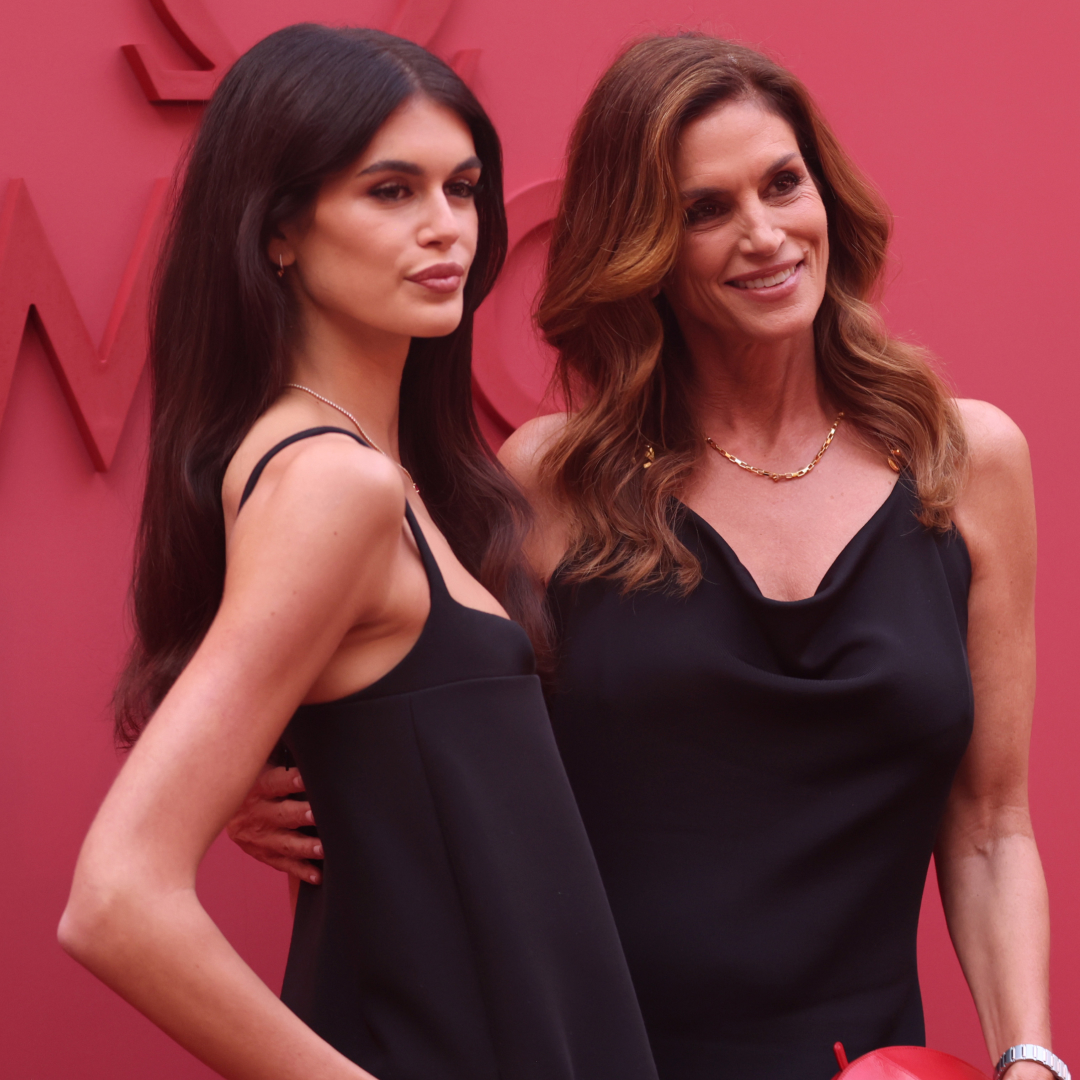 Cindy Crawford and Kaia Gerber Match in Little Black Dresses With Individual Twists
Cindy Crawford and Kaia Gerber Match in Little Black Dresses With Individual TwistsThe two looked nearly identical while attending the Broadway premiere of ‘Good Night, and Good Luck.’
By Lauren Tappan
-
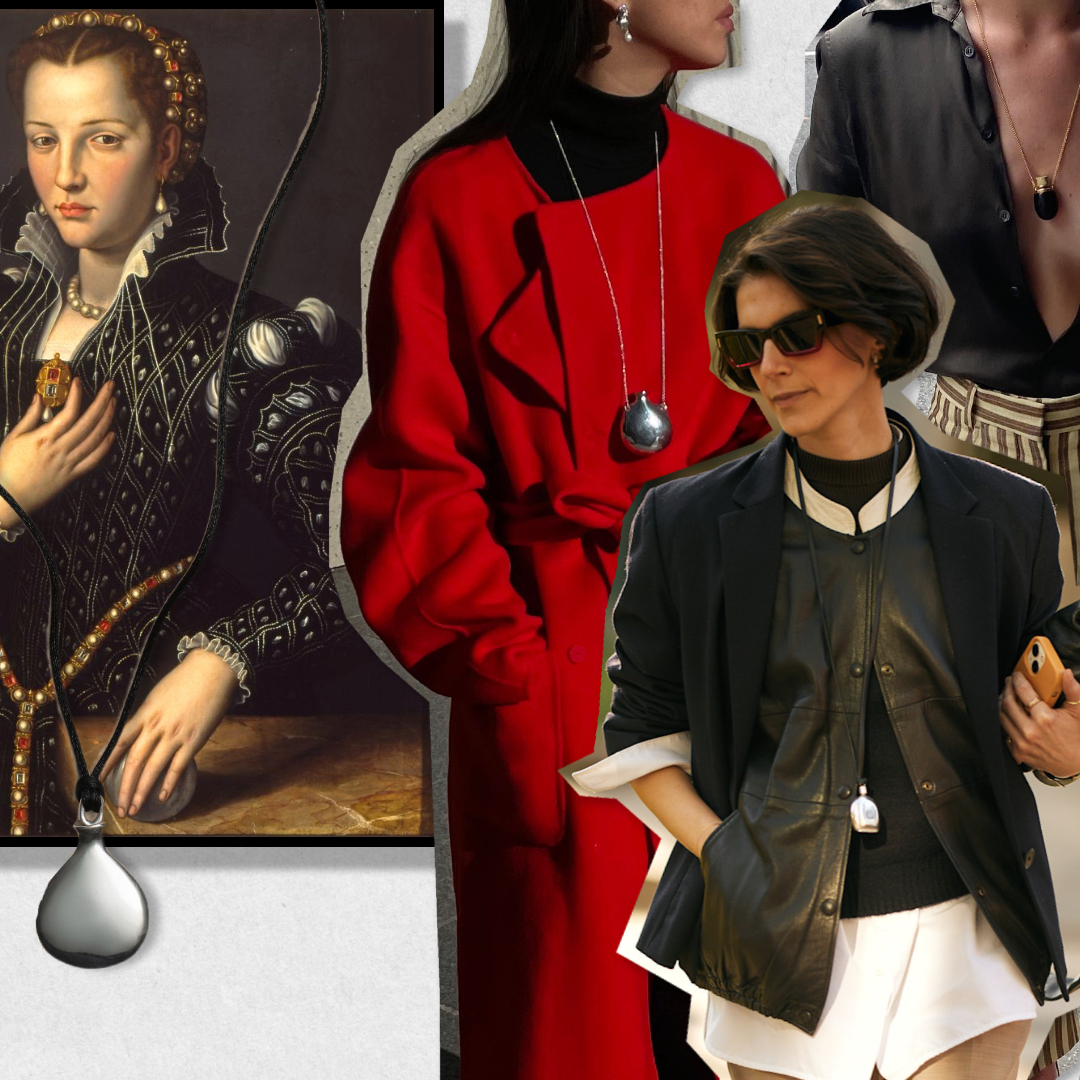 Victorian-Era Perfume Bottle Necklaces Will Be Your New Favorite Conversation Starter
Victorian-Era Perfume Bottle Necklaces Will Be Your New Favorite Conversation StarterYou'll look just as great as you smell.
By Emma Childs
-
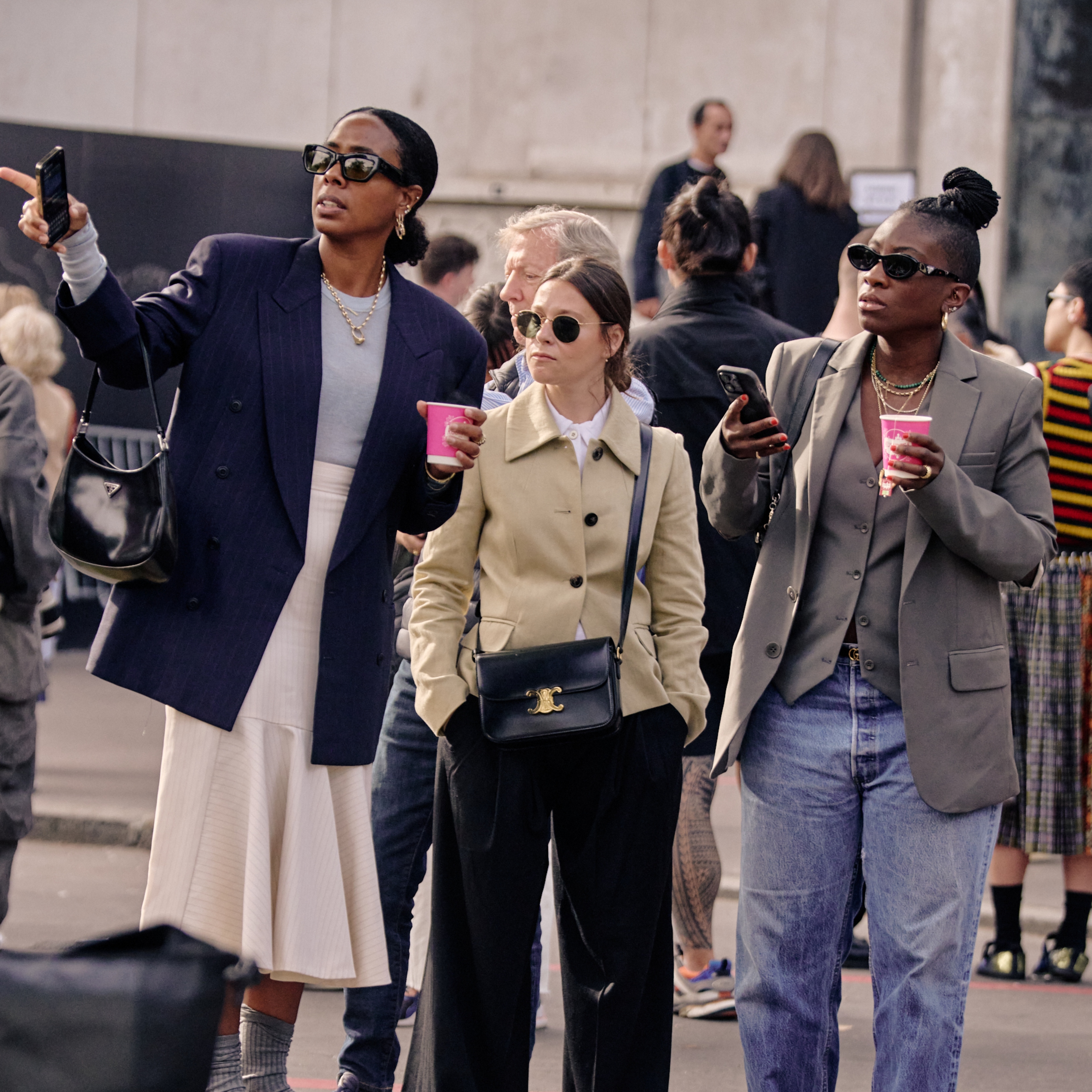 Marie Claire Editors Are Obsessed With This Cult-Favorite Sale
Marie Claire Editors Are Obsessed With This Cult-Favorite SaleSSENSE has everything a fashion enthusiast could ever want.
By Lauren Tappan
